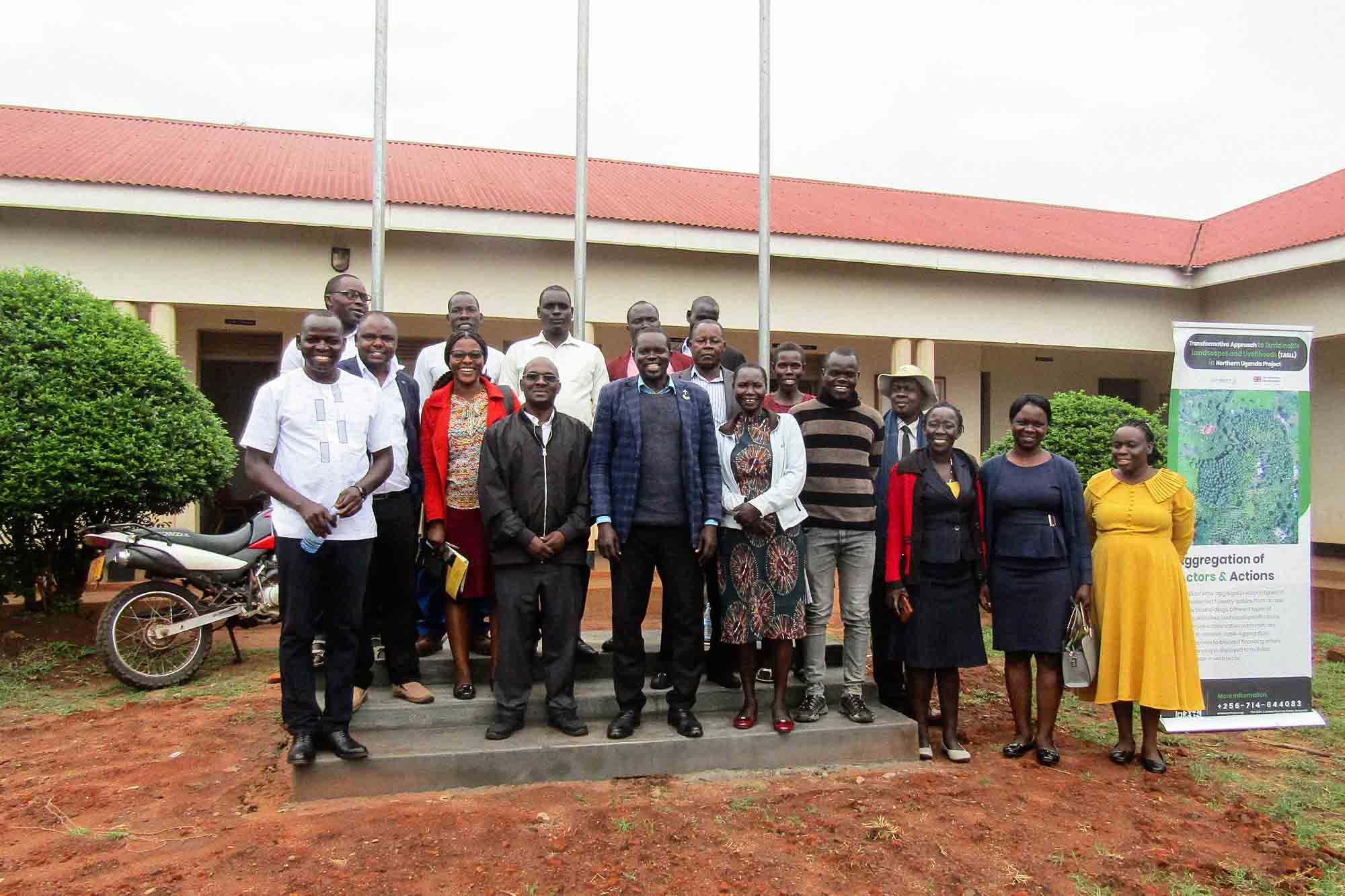
ECOTRUST officially launched the Transformative Approach to Sustainable Landscapes and Livelihoods (TASLL) Northern Uganda project in August 2024. Funded by the Foreign, Commonwealth & Development Office (FCDO), the project aims to create an inclusive, climate-resilient landscape in the Agoro-Agu region, spanning the districts of Agago, Pader, Lamwo, and Kitgum.
The project focuses on fostering climate resilience and sustainable development by involving multiple stakeholders in ecosystem management. It is structured around four key investment streams: conservation and restoration of forested areas, payment for environmental services (PES), market-based sustainability initiatives, and strengthening institutional and policy frameworks.
TASLL will conserve 65,000 hectares of forested land in the Agoro-Agu landscape and reforest 15,000 hectares with 6 million mixed native trees over four years. The project also plans to establish four new Collaborative Forest Management (CFM) agreements and four new Communal Land Associations (CLAs) to manage community forests and support reforestation. The Palobek Refugee Settlement in Lamwo District will also be targeted for tree planting.
To promote sustainable land use, the project will introduce a 25-year PES-based incentive scheme for Verifiable Carbon Emission Reductions (VERs) under the Plan Vivo System. This initiative will provide financial incentives for restoring degraded land, benefiting both the environment and local communities. In addition, the project will help develop nature-based green enterprises, create climate-resilient value chains, and increase market access for non-timber forest products (NTFPs), contributing to diversified incomes and improved livelihoods for participating farmers.
One of the primary focuses of the project’s inception activities was district local government and community engagement, ensuring that both the district local government officials and local population are actively involved in and supportive of the project’s goals. ECOTRUST conducted a series of engagement activities across the target districts, introducing the project at both district and sub-county level, and securing voluntary participation from community landholders through Free, Prior, and Informed Consent (FPIC). The community engagement efforts used the Gender Action Learning System (GALS) methodology to help local residents design and implement sustainable land management models.
Regarding land tenure, the project emphasized the importance of recognizing all tenure rights and ensuring that roles and responsibilities are clearly defined. Local communities will be supported in self-managing their resources with the collaboration of landscape actors such as the National Forestry Authority (NFA), District Local Governments, and cultural institutions. The involvement of refugees, private sector actors, and institutions such as churches, schools, and civil society organizations operating in the landscape was also highlighted.
Restoration strategies such as agroforestry, woodlot planting, Farmer Managed Natural Regeneration (FMNR), and enrichment planting were identified as crucial methods for restoring degraded land. The project will also support local nursery operators to ensure a steady supply of quality seedlings.
ECOTRUST also conducted a series of radio listenership surveys across the four districts to inform the development of community radio programs using the Farmers Voice Radio (FVR) methodology. These programs aim to raise awareness about the project and disseminate important information on conservation and sustainable livelihood practices, particularly in remote areas via local radio stations.
The inception activities concluded with a meeting in Kitgum District on August 9th, 2024, bringing together local government leaders from the four districts. ECOTRUST’s Business Development Expert, Freddie Kalibwani, presented the project’s theory of change and detailed the various investment streams designed to achieve the project’s objectives. ECOTRUST coordinators also shared success stories from restoration initiatives in other landscapes, such as Queen Elizabeth, Murchison Falls, and Mount Elgon. Local leaders expressed their enthusiasm for the TASLL project, welcoming the opportunity for collaboration and looking forward to the benefits it will bring to the East Acholi region.

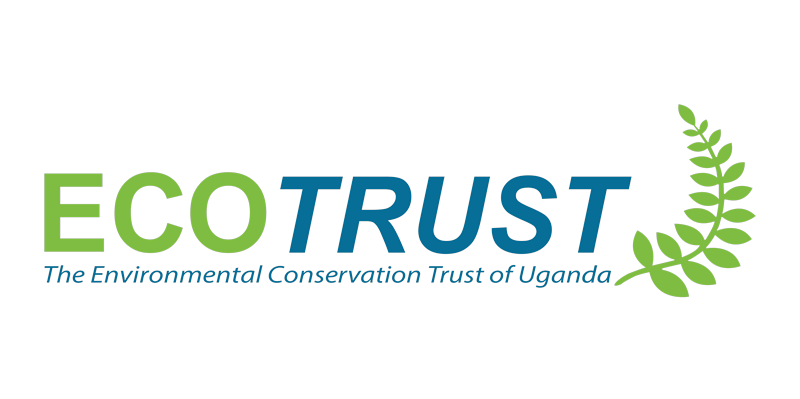
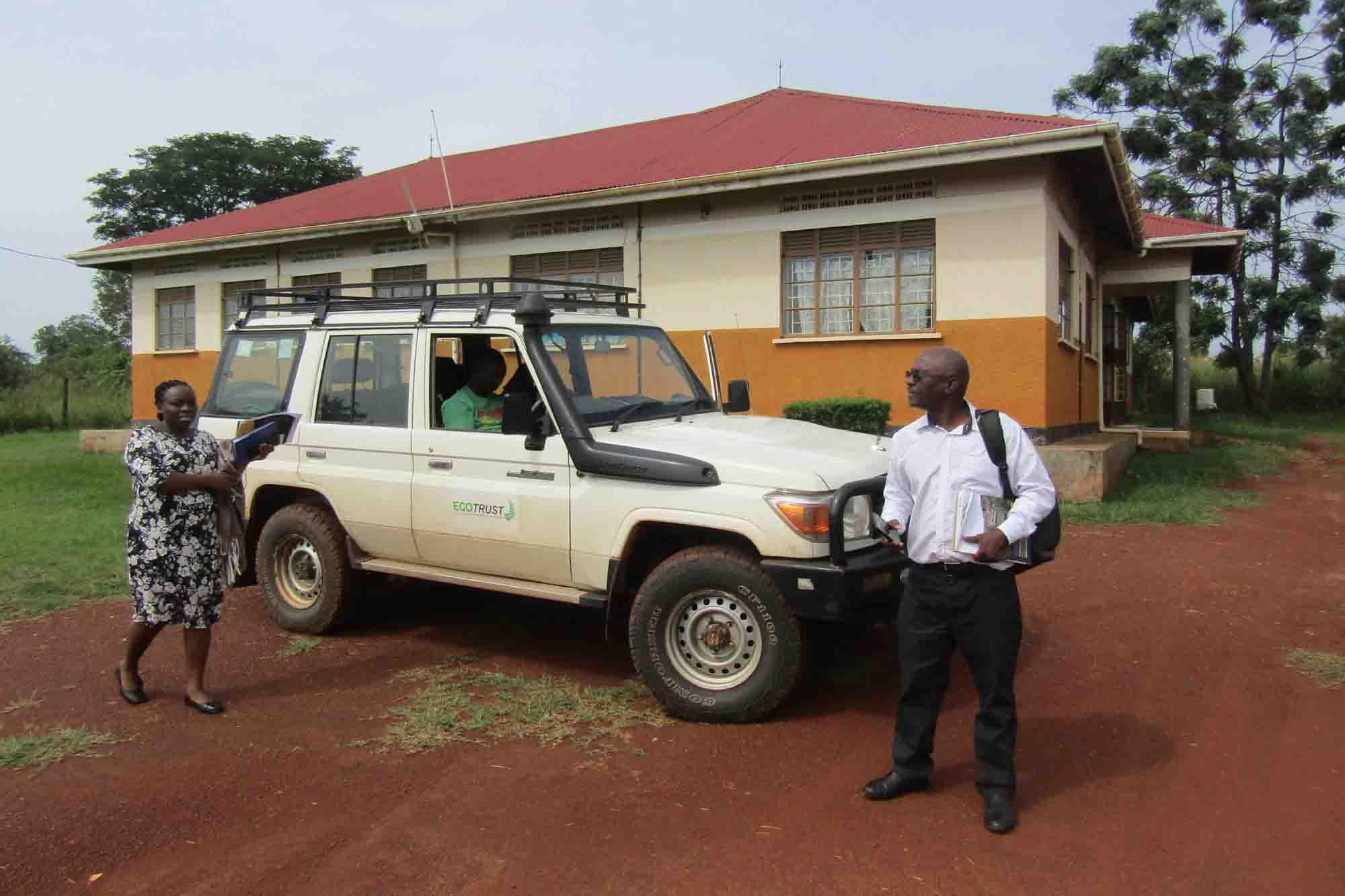
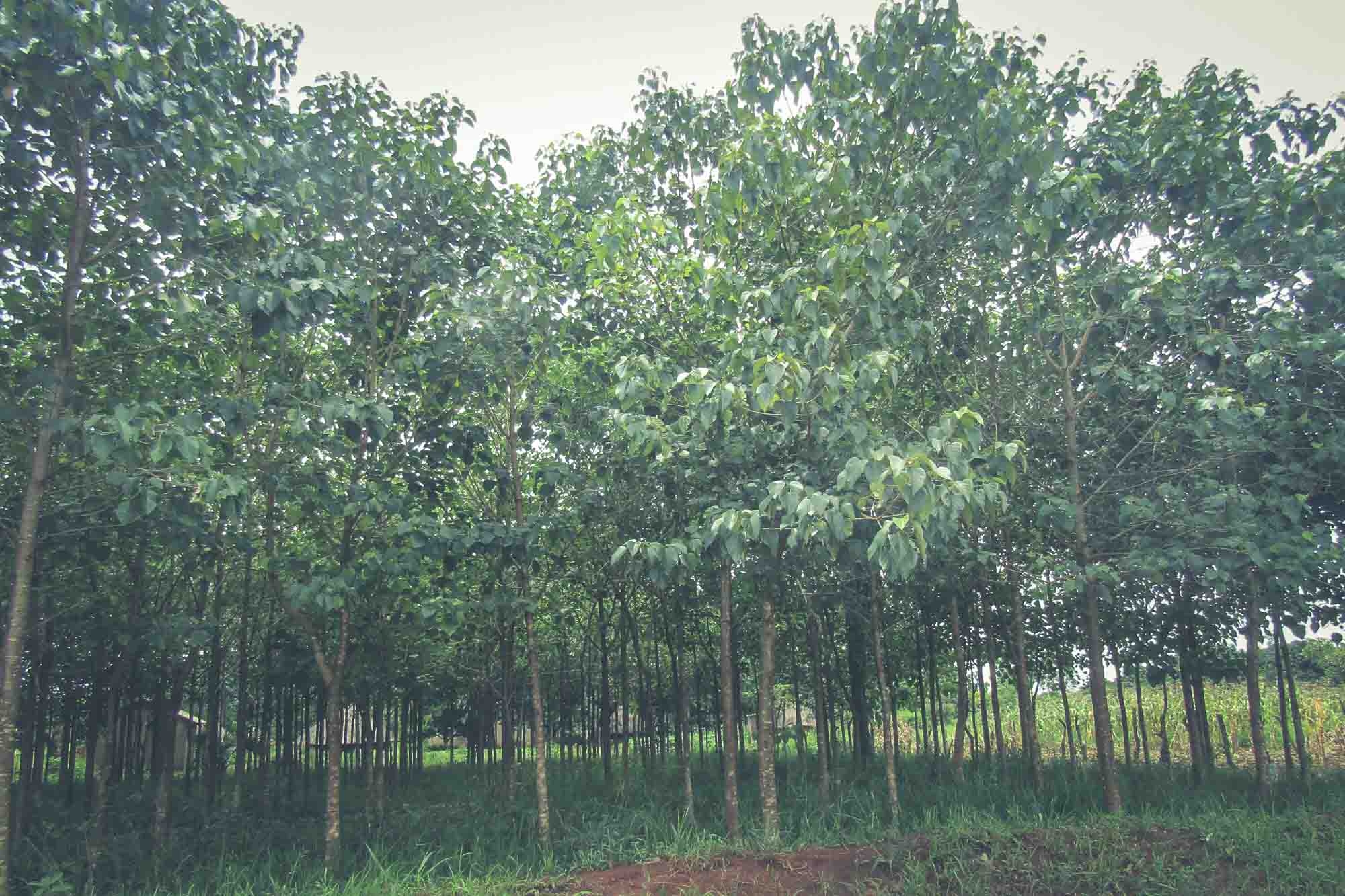
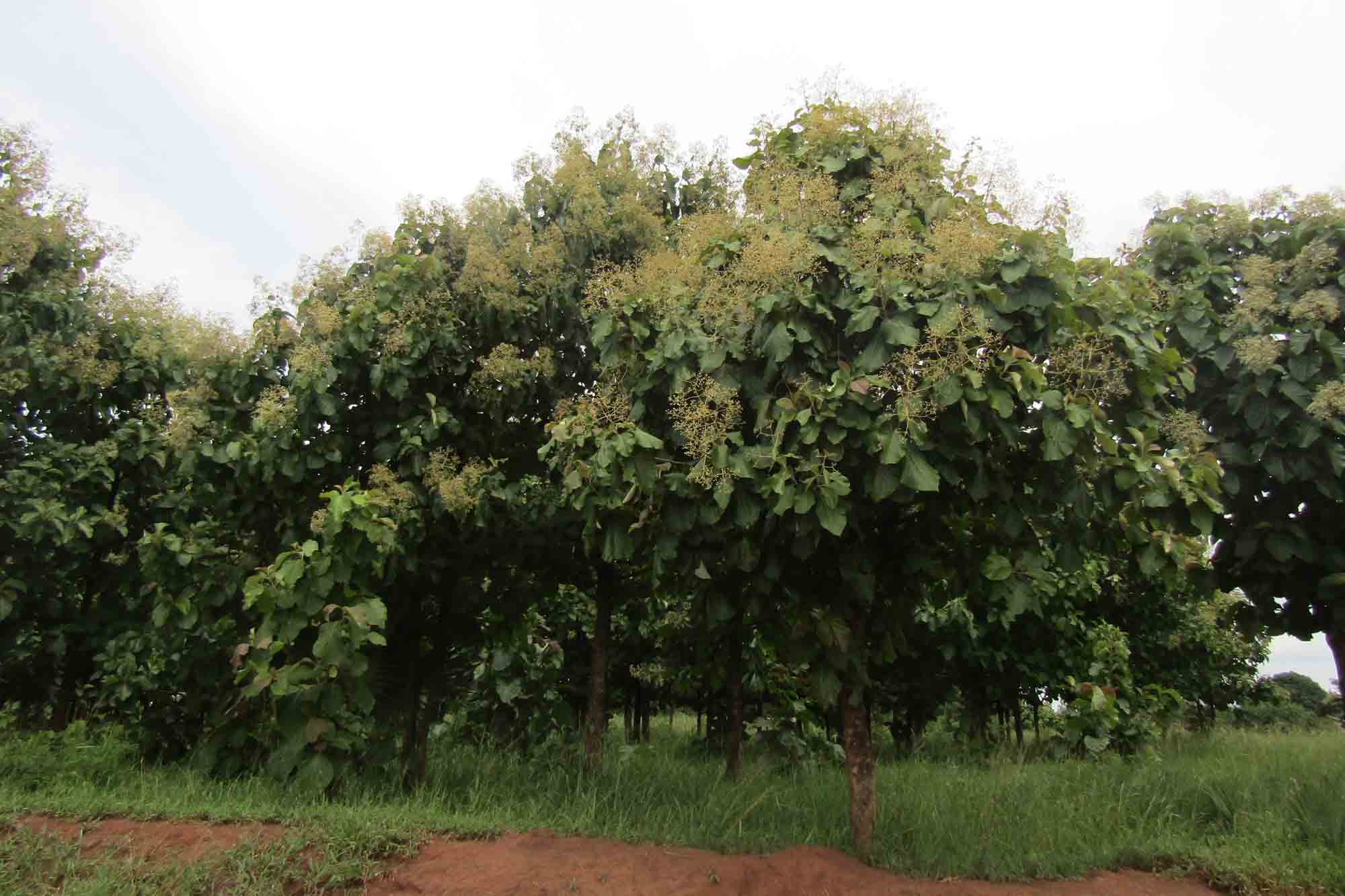
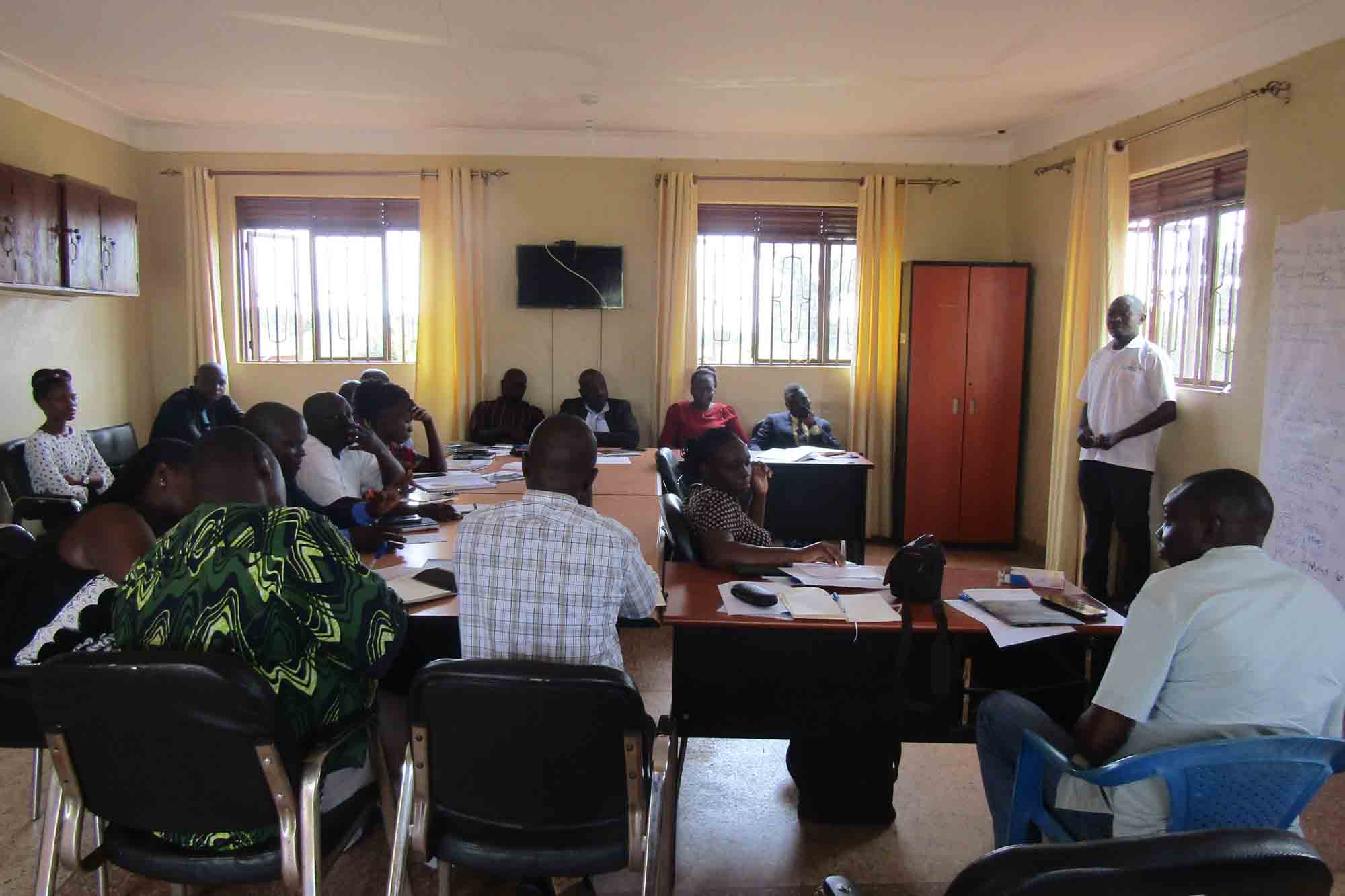
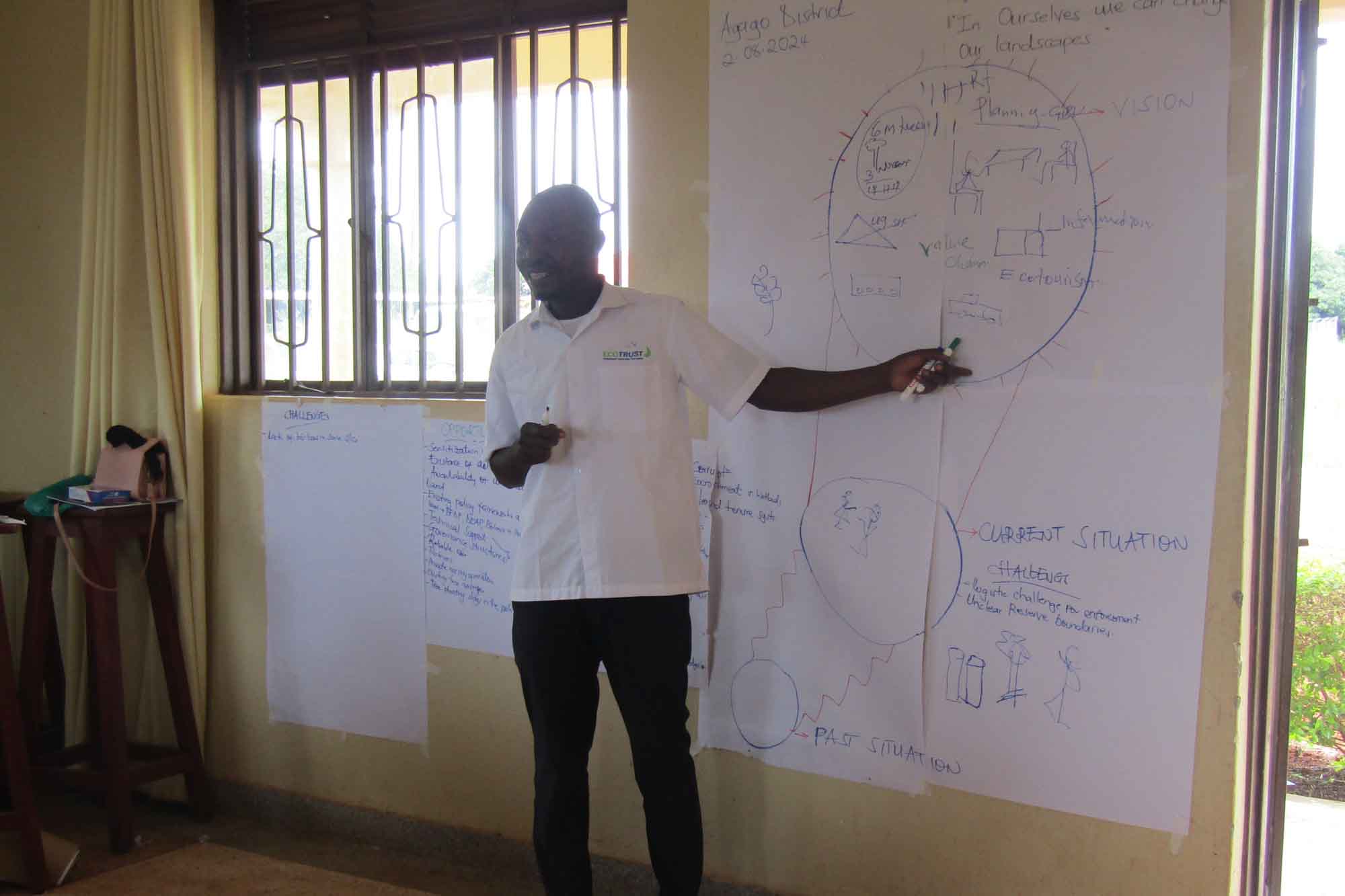
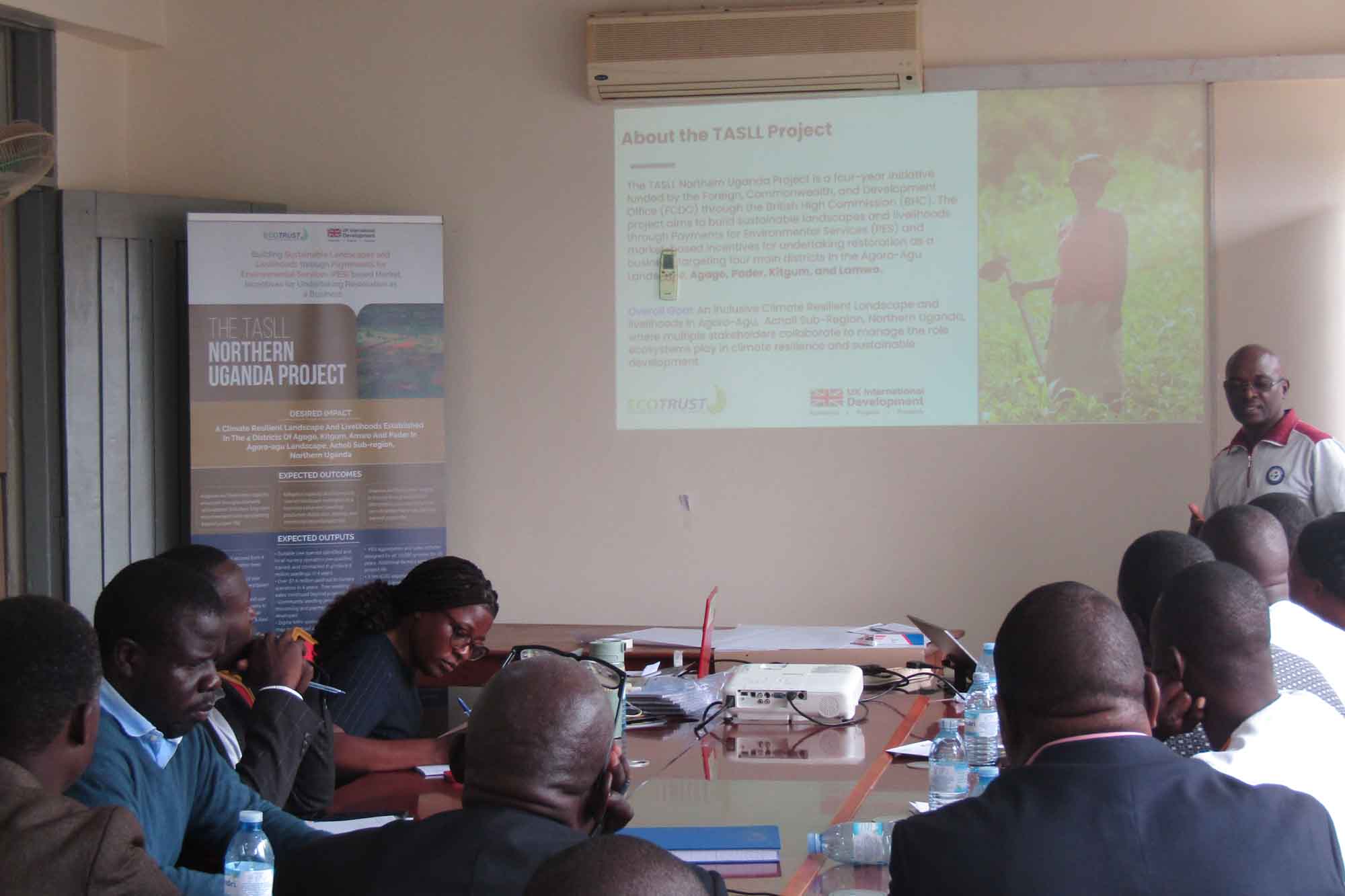
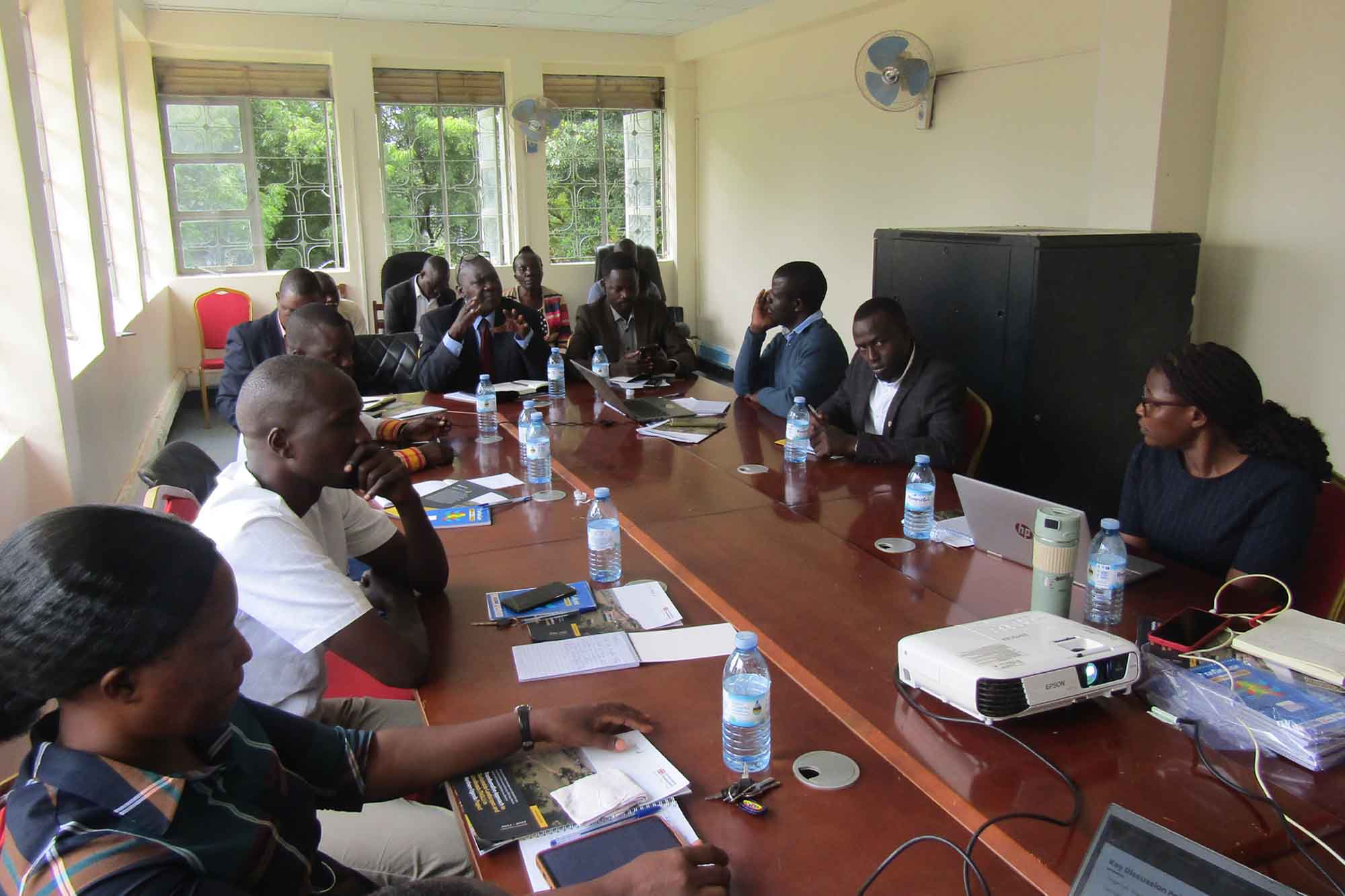
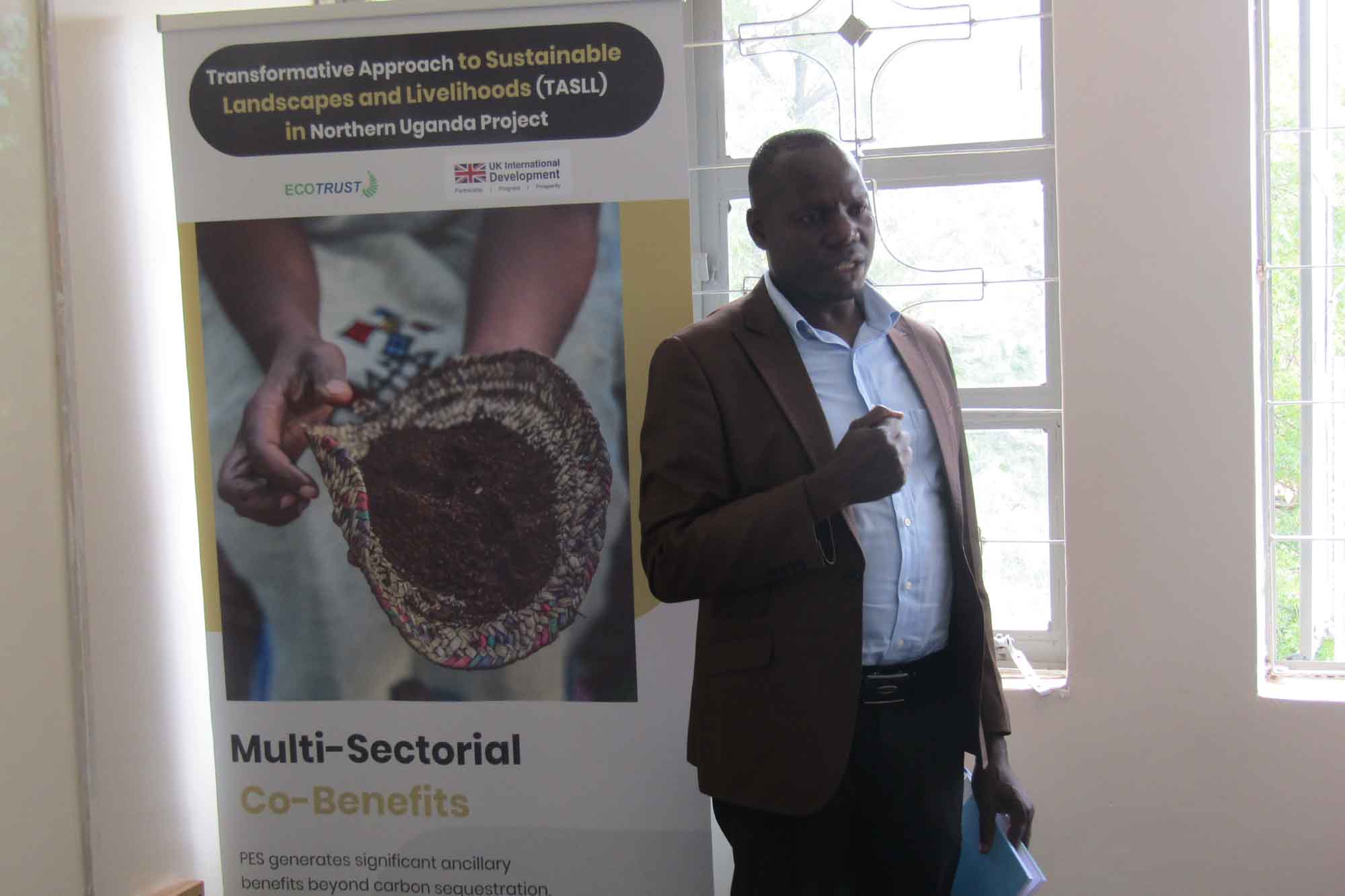
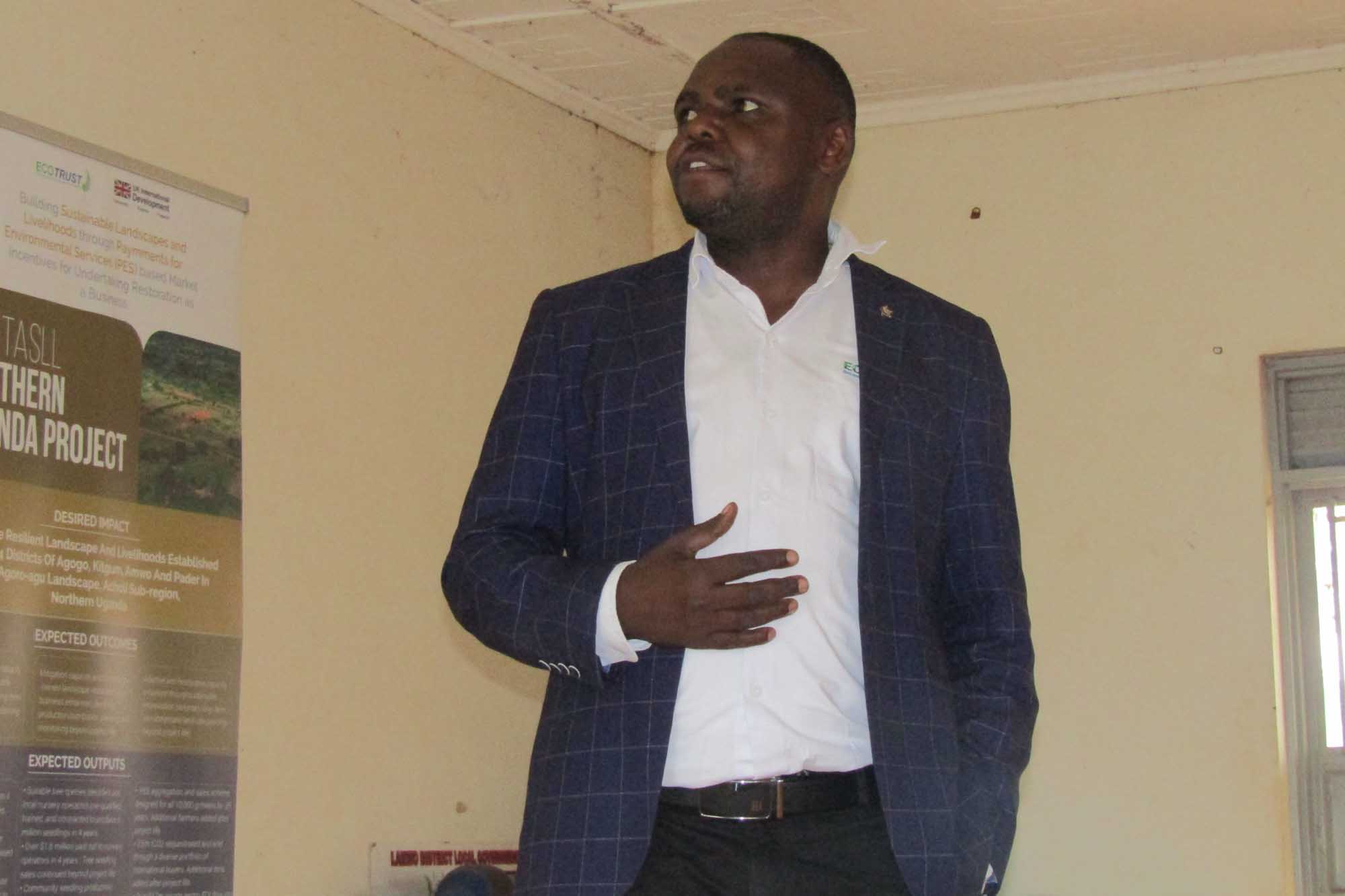
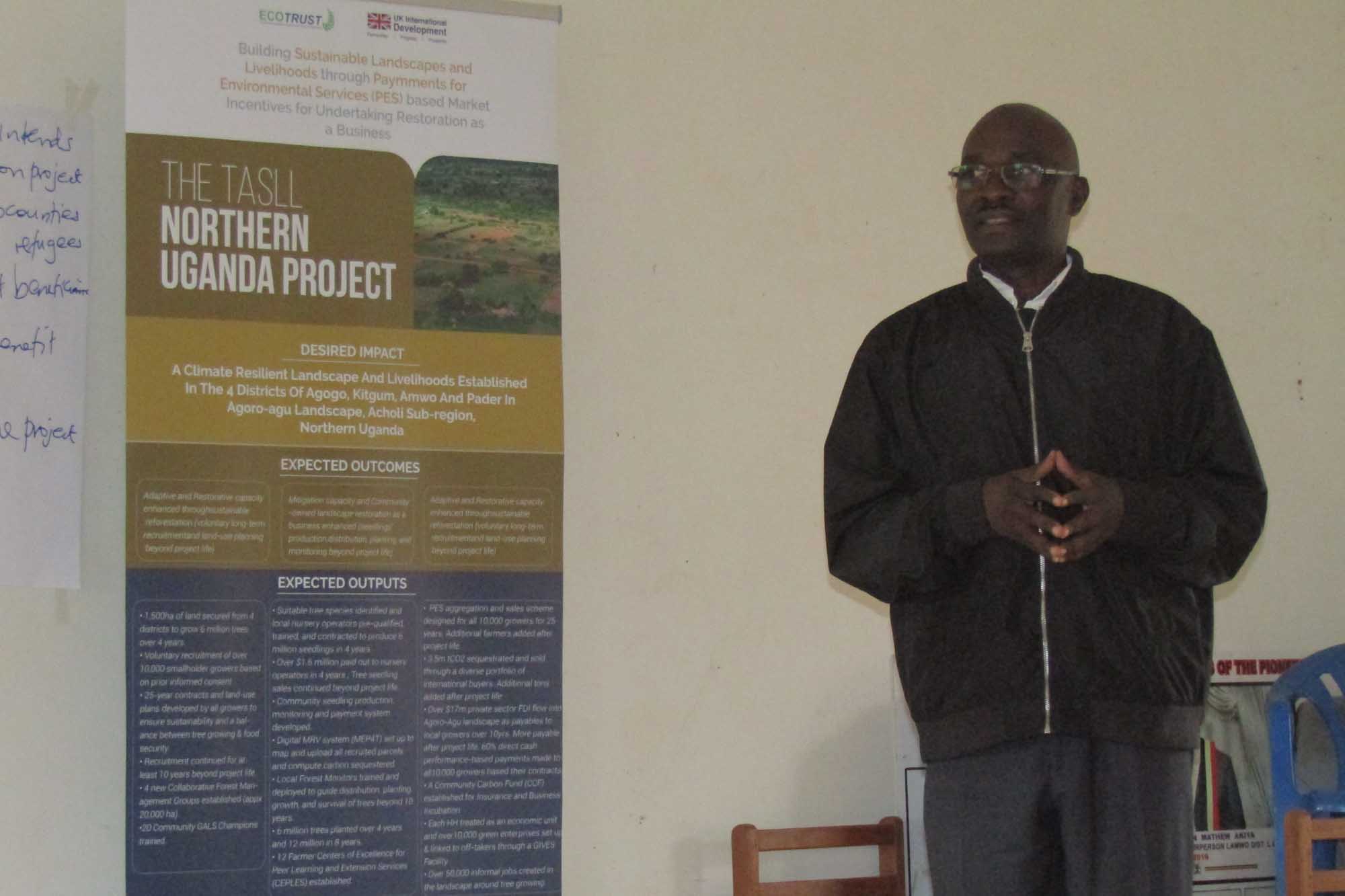
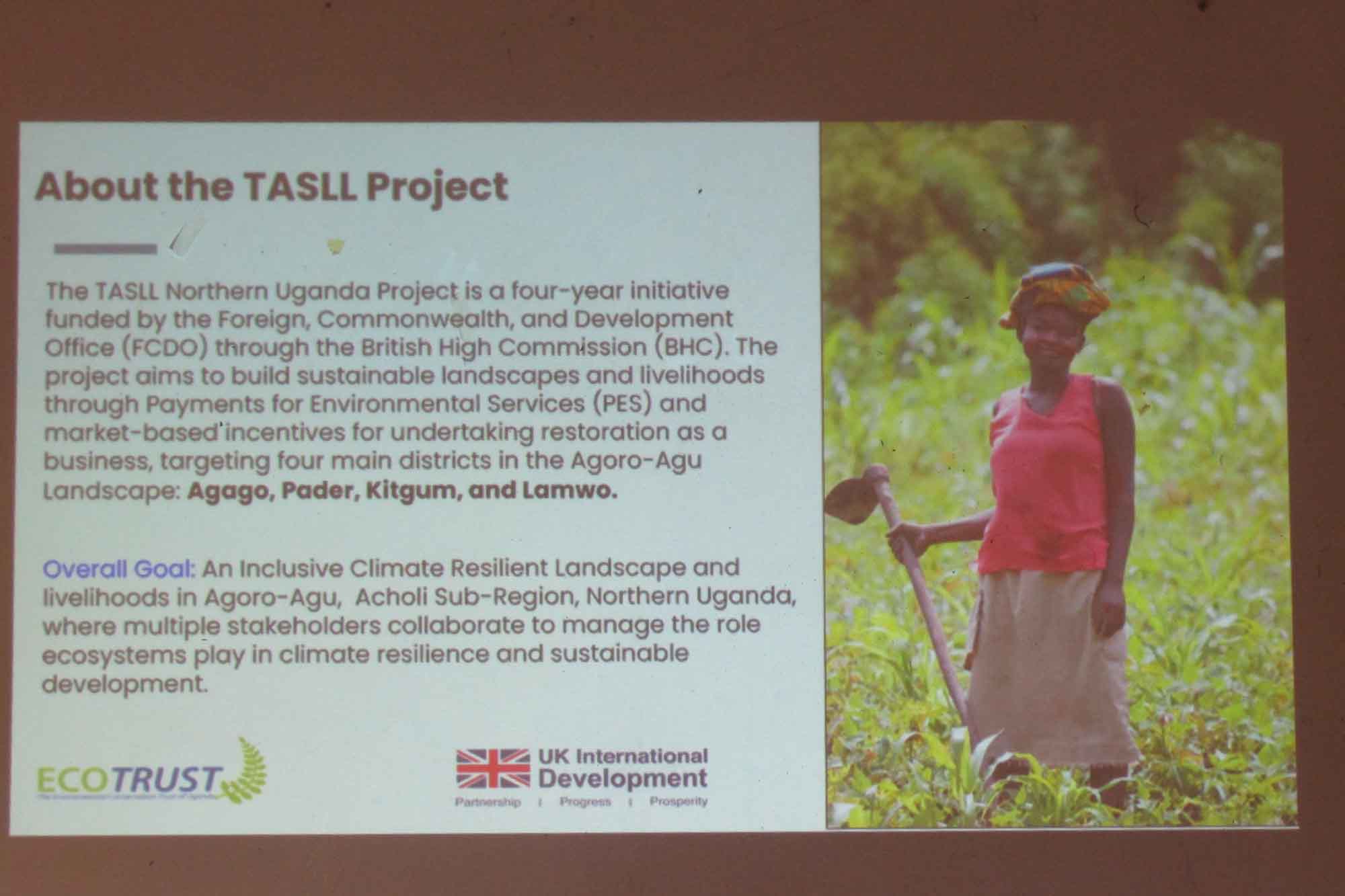
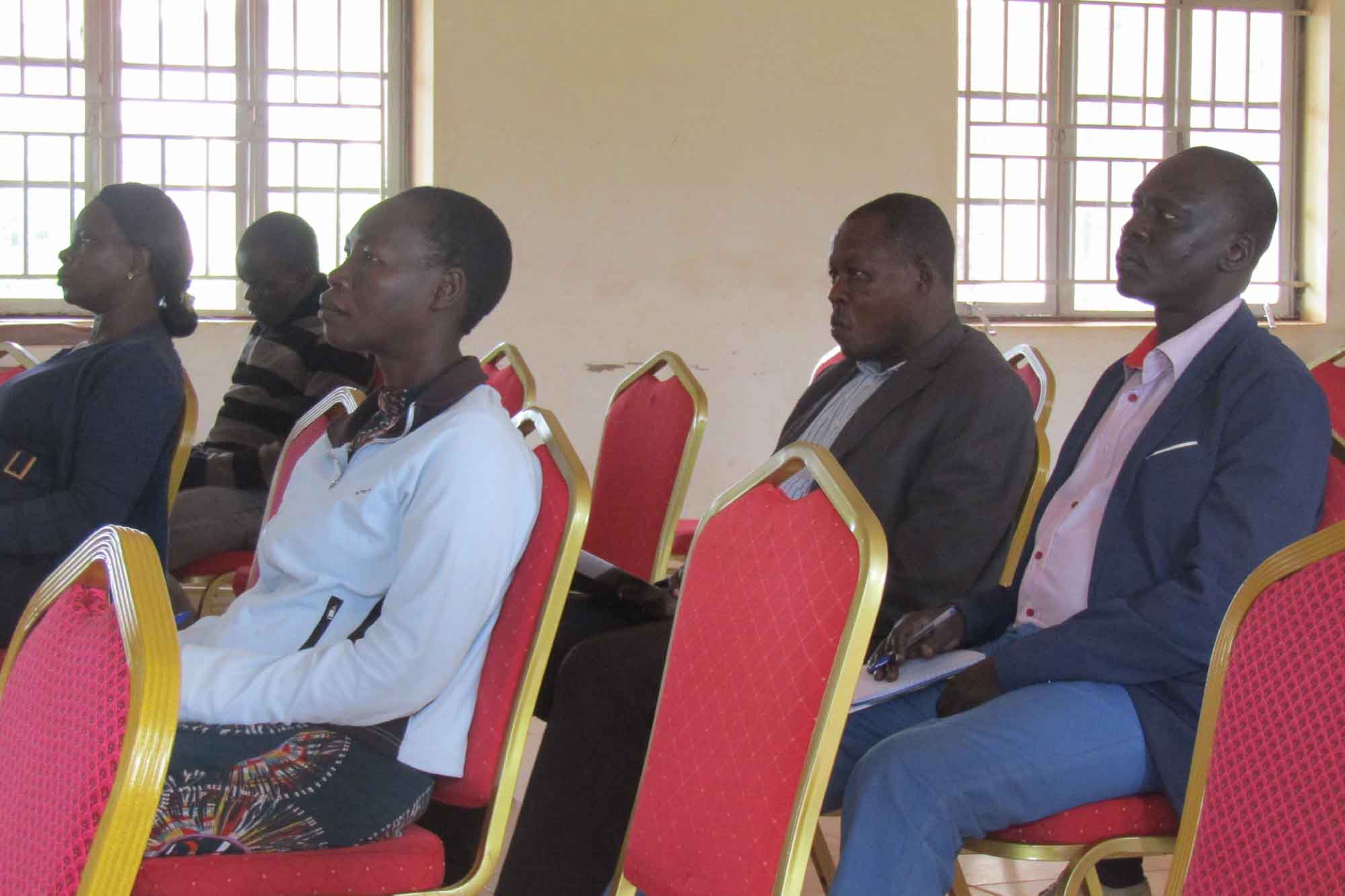
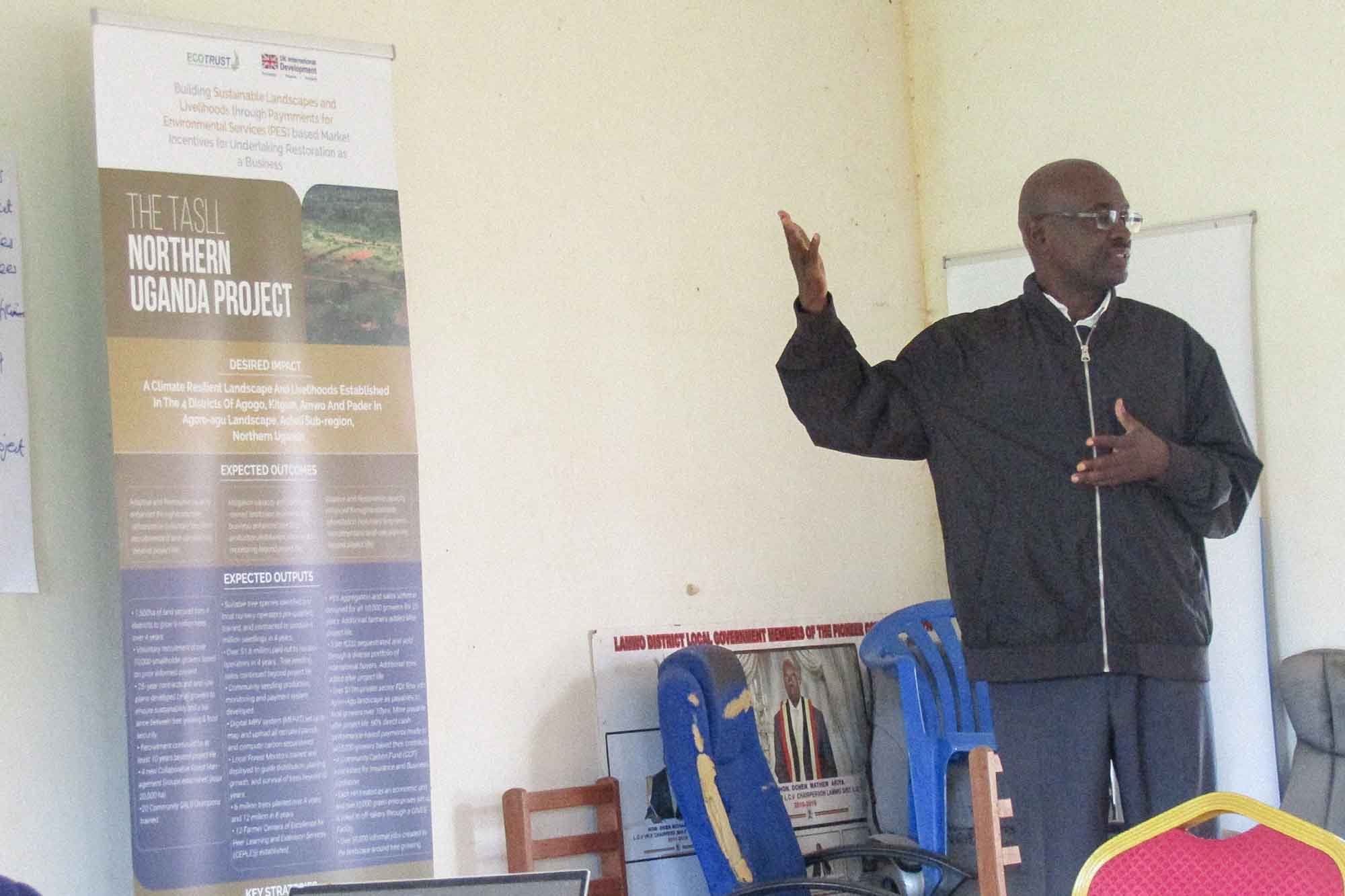
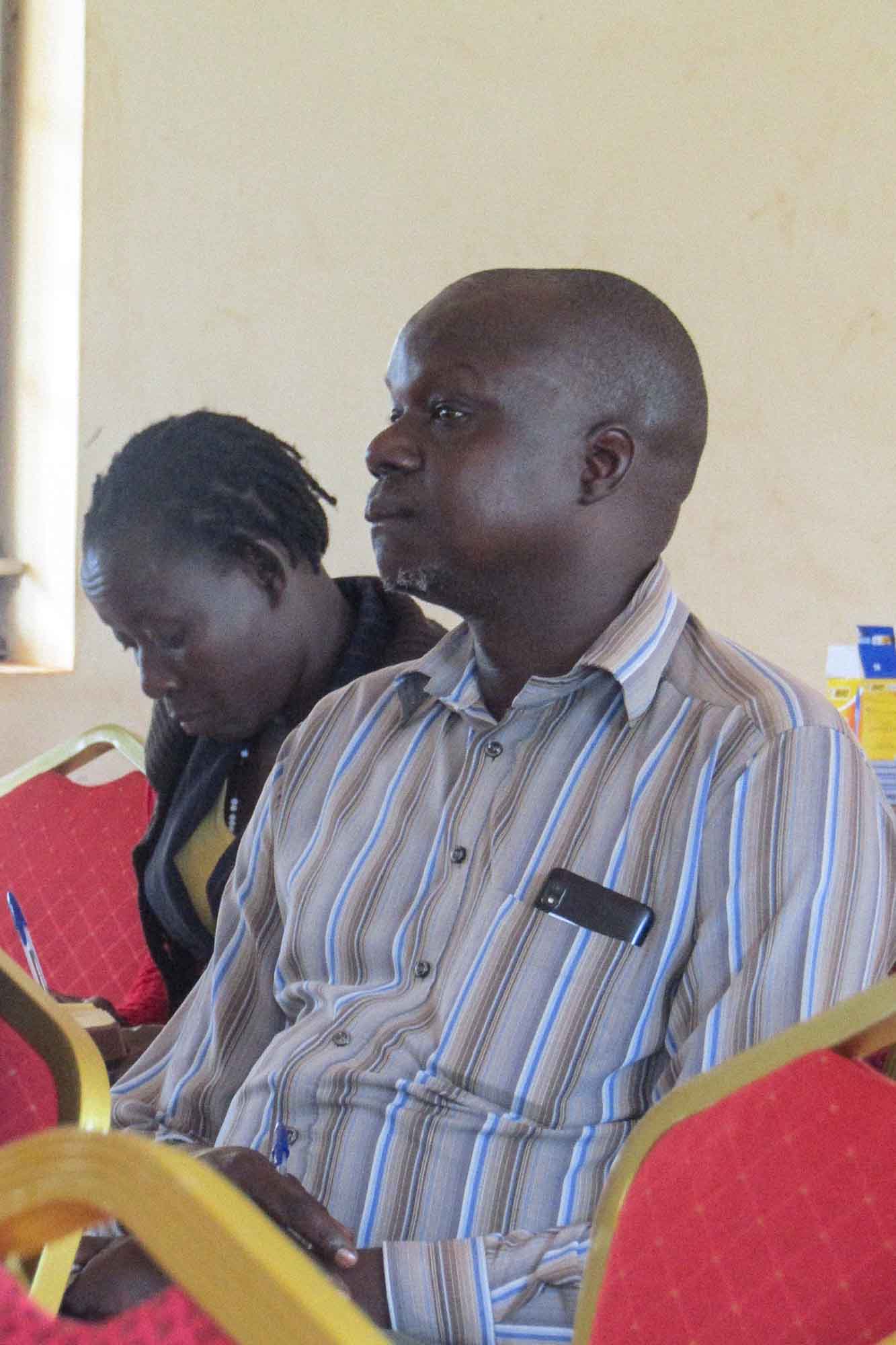
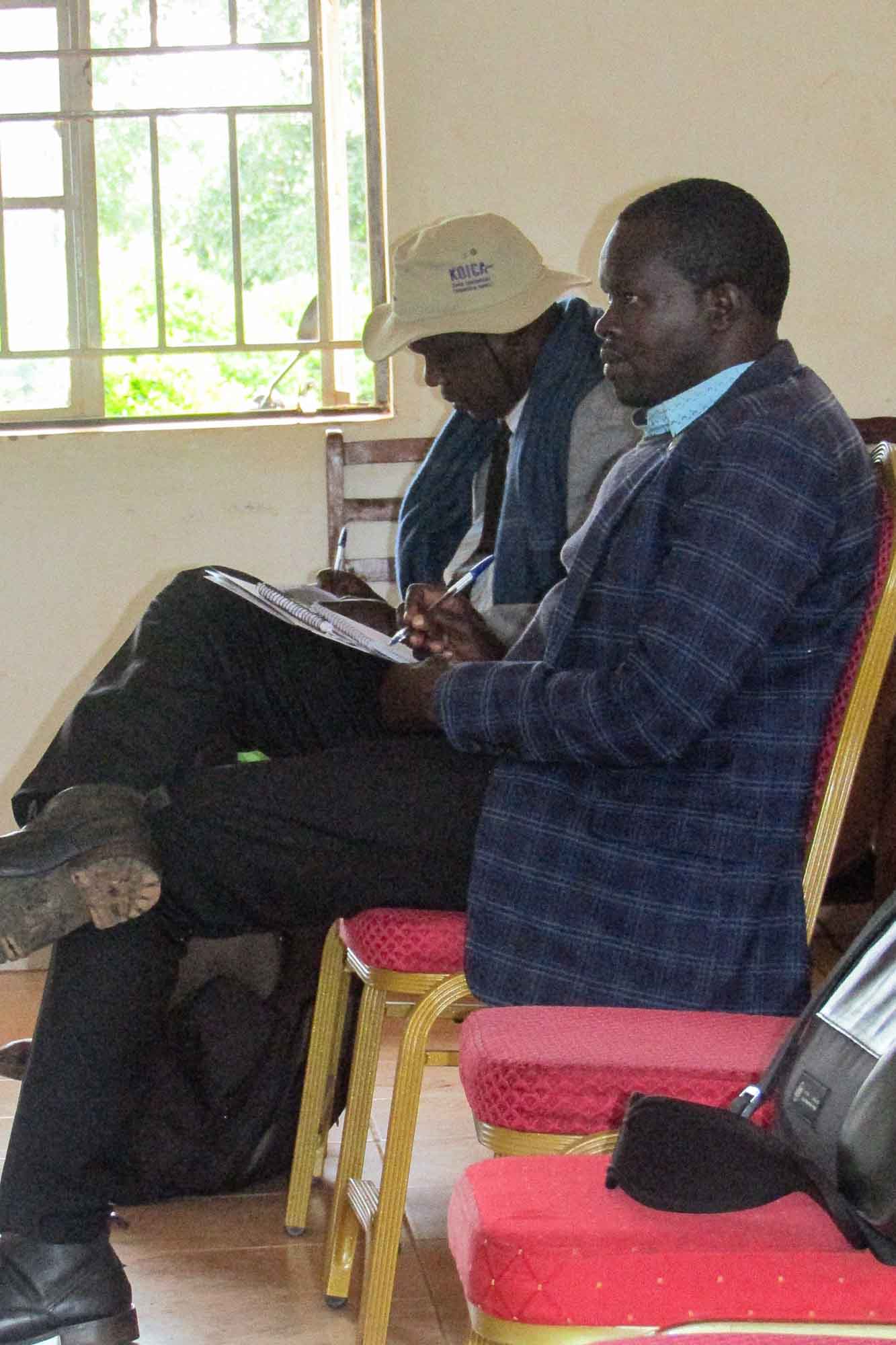
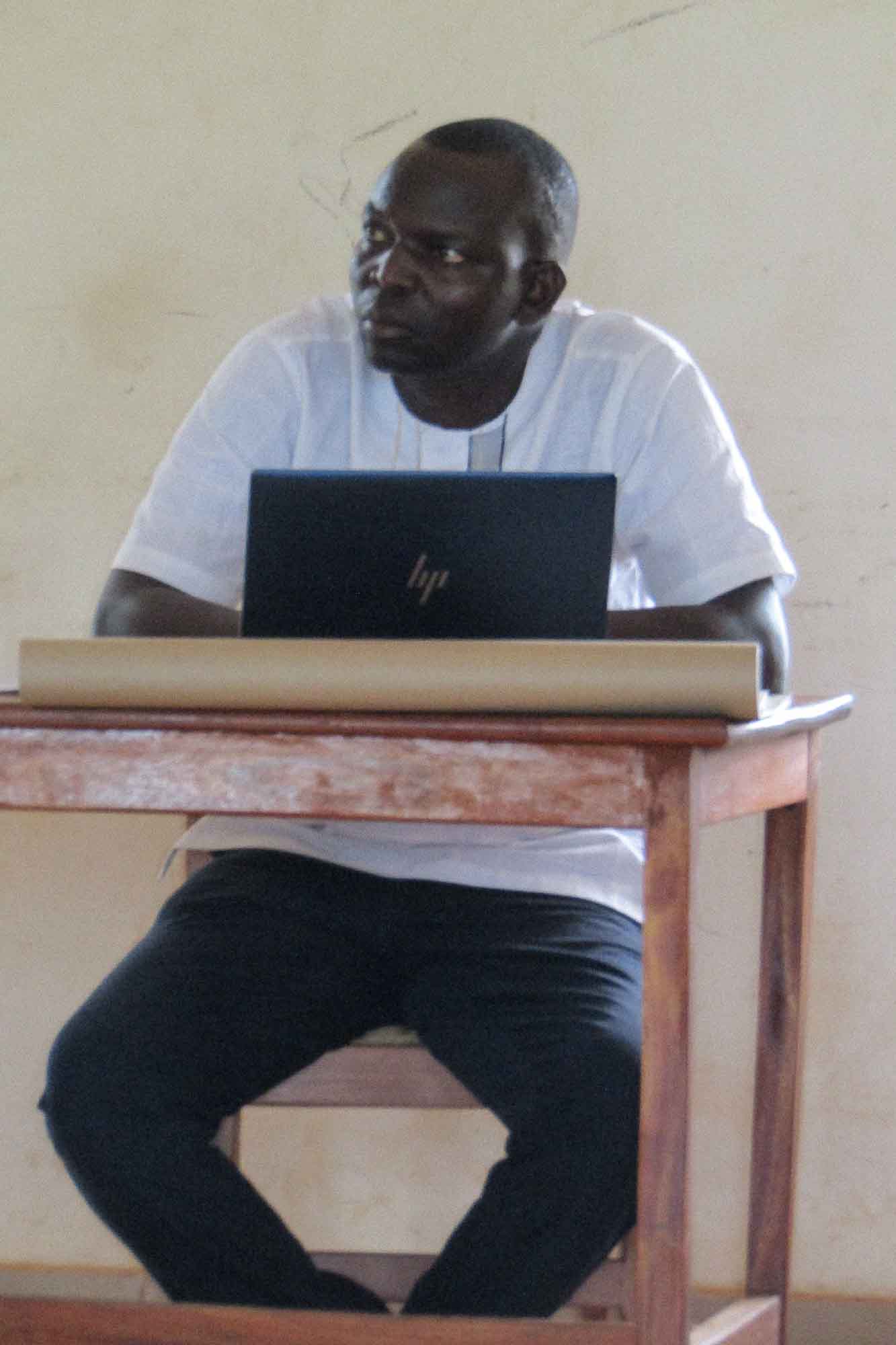
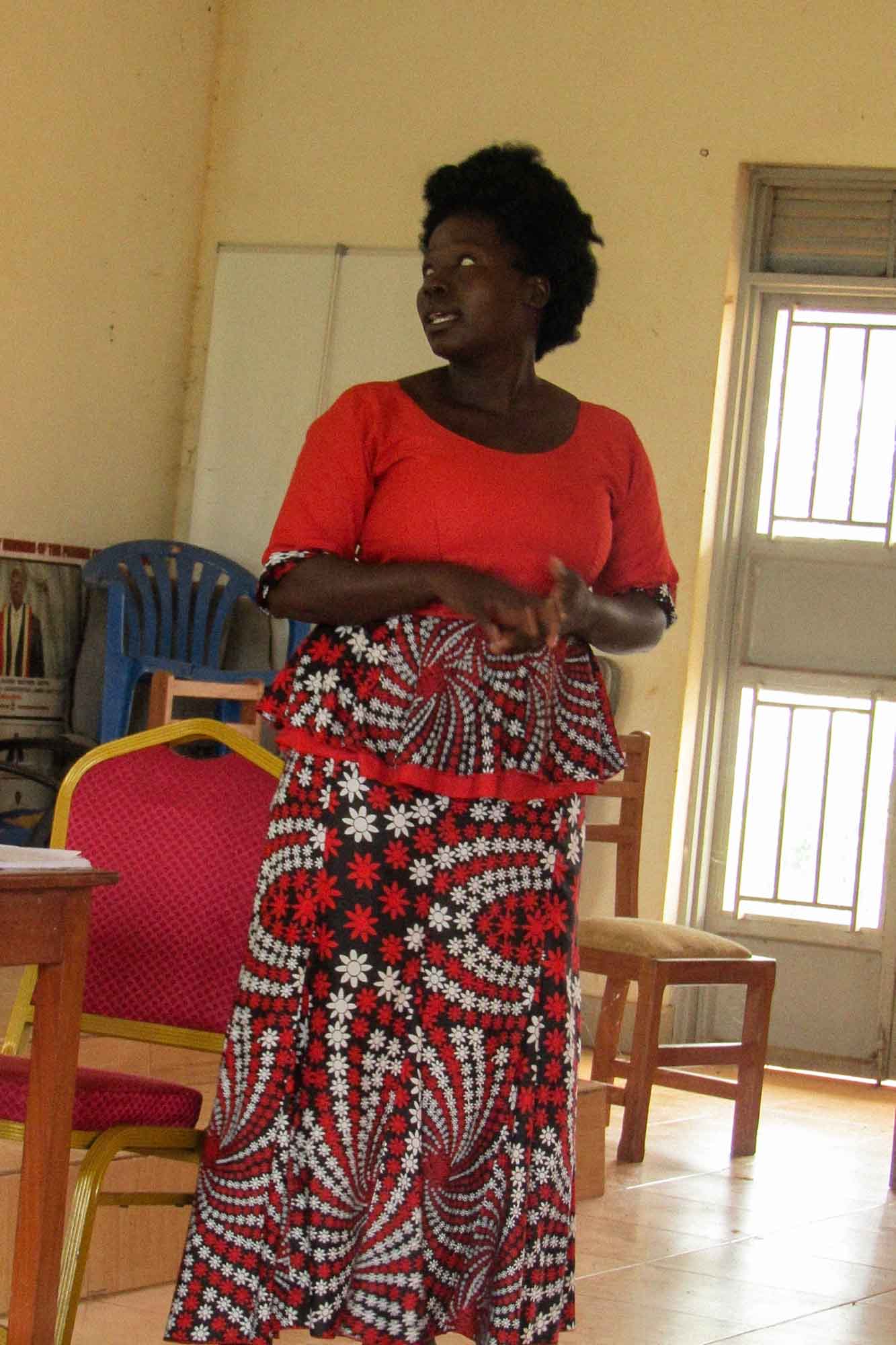
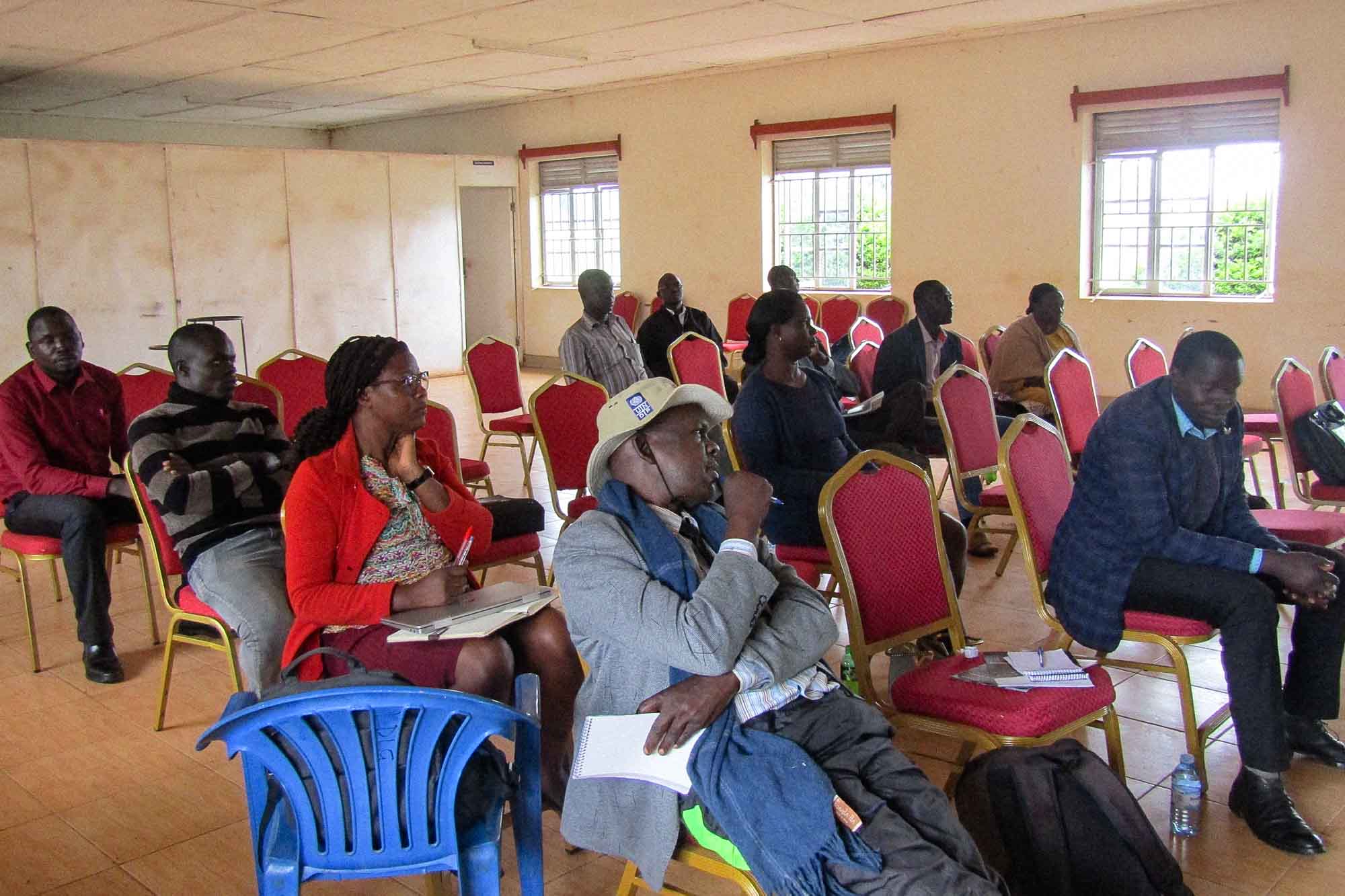
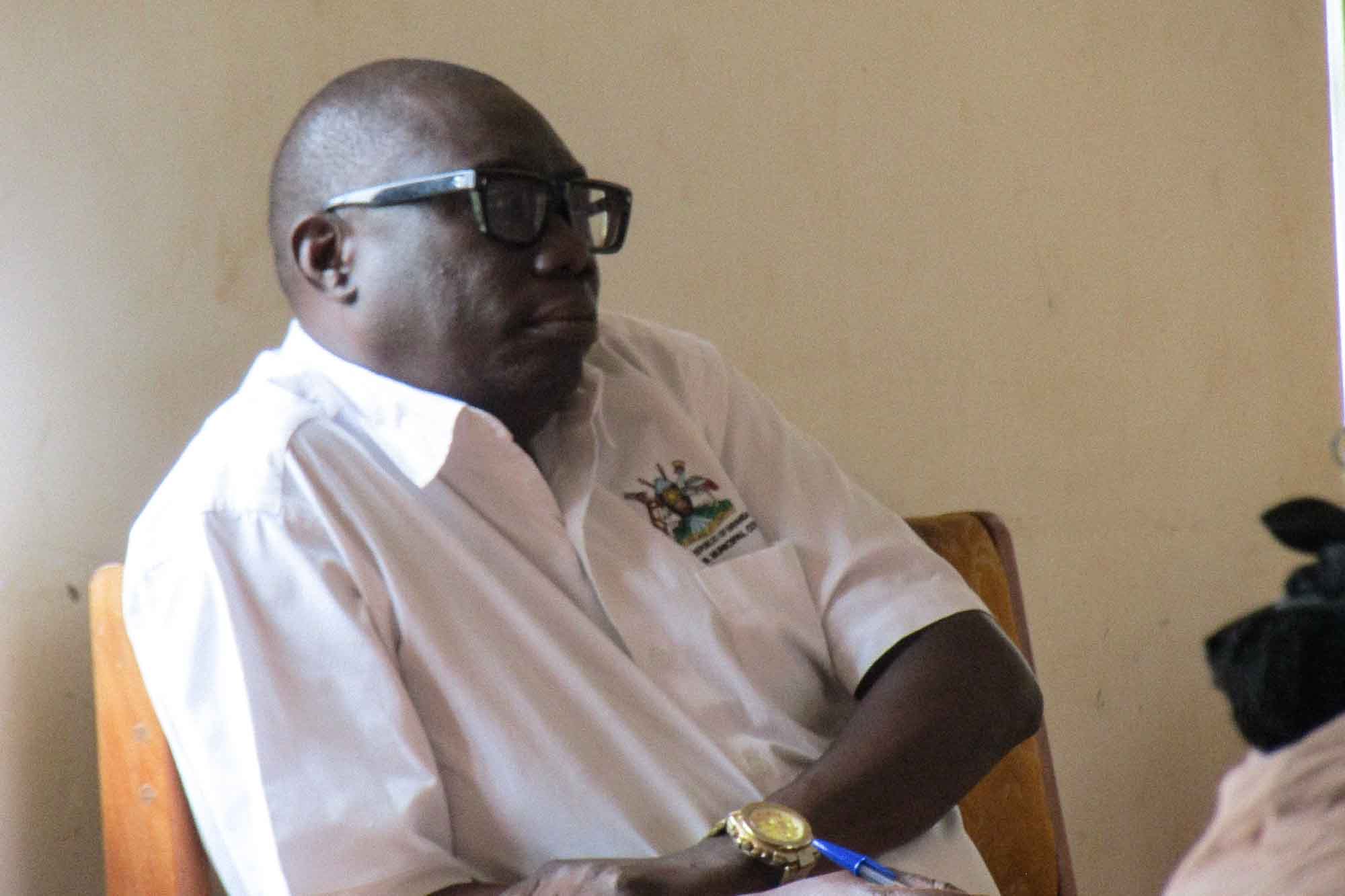
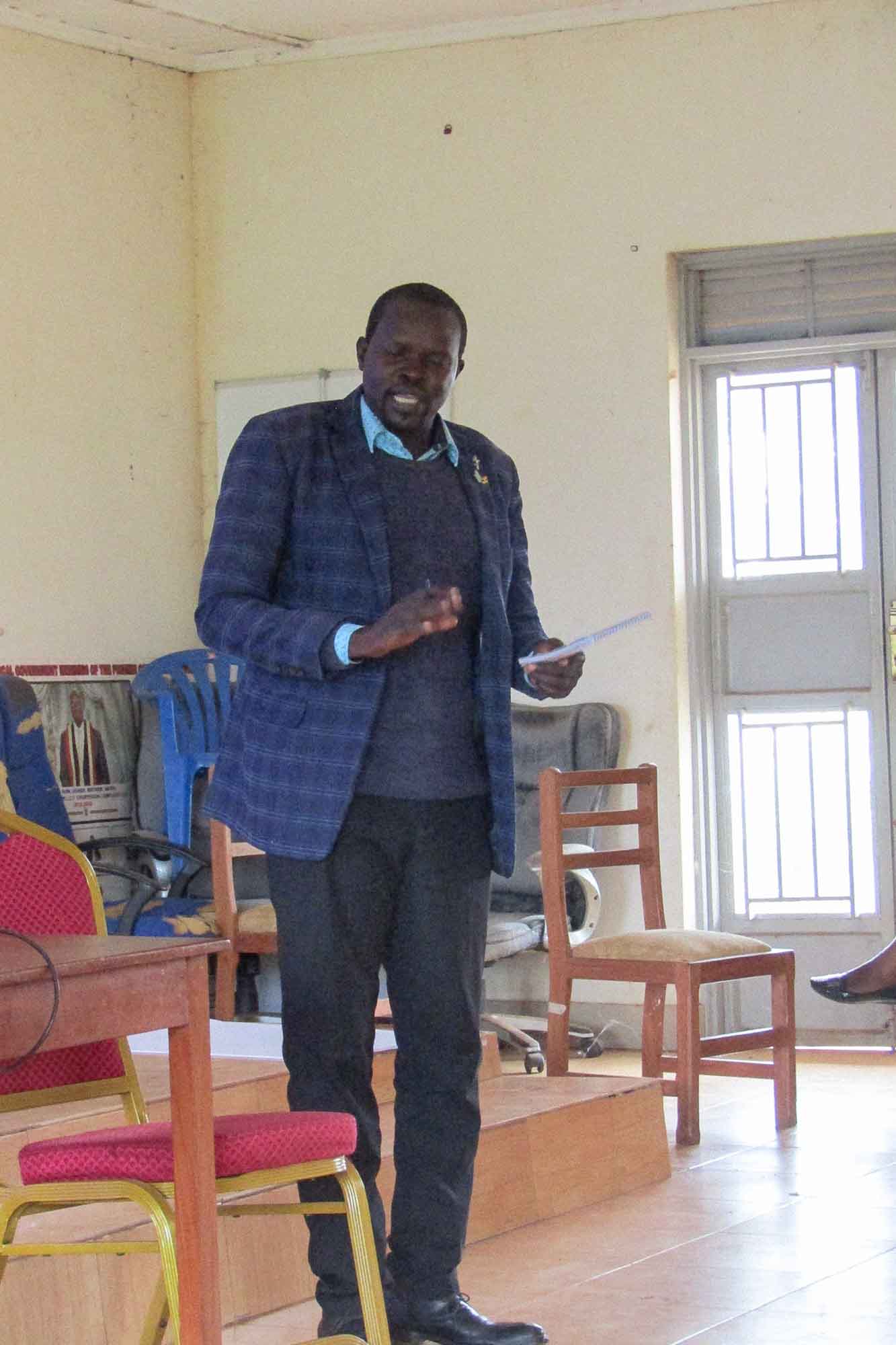
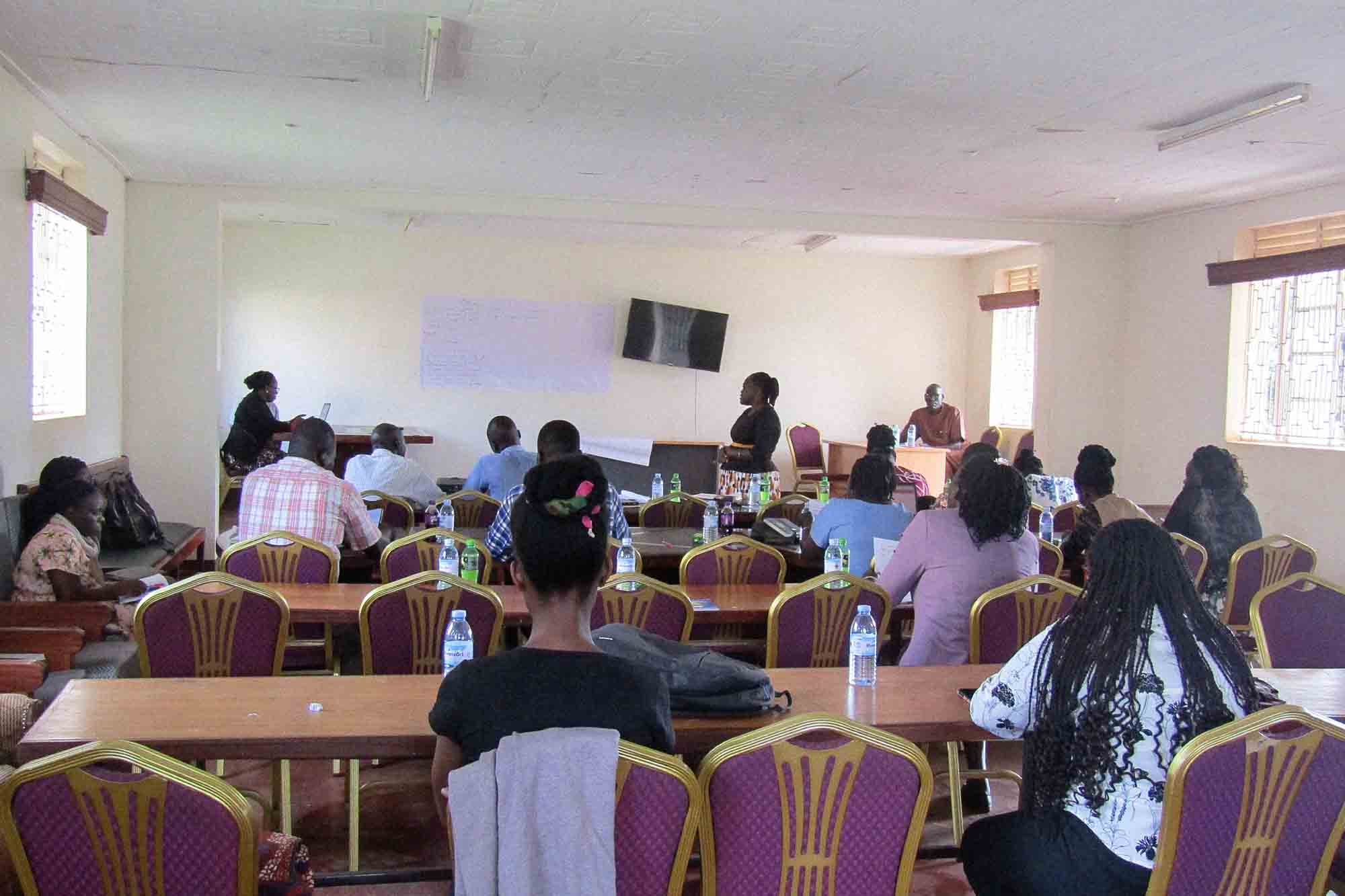
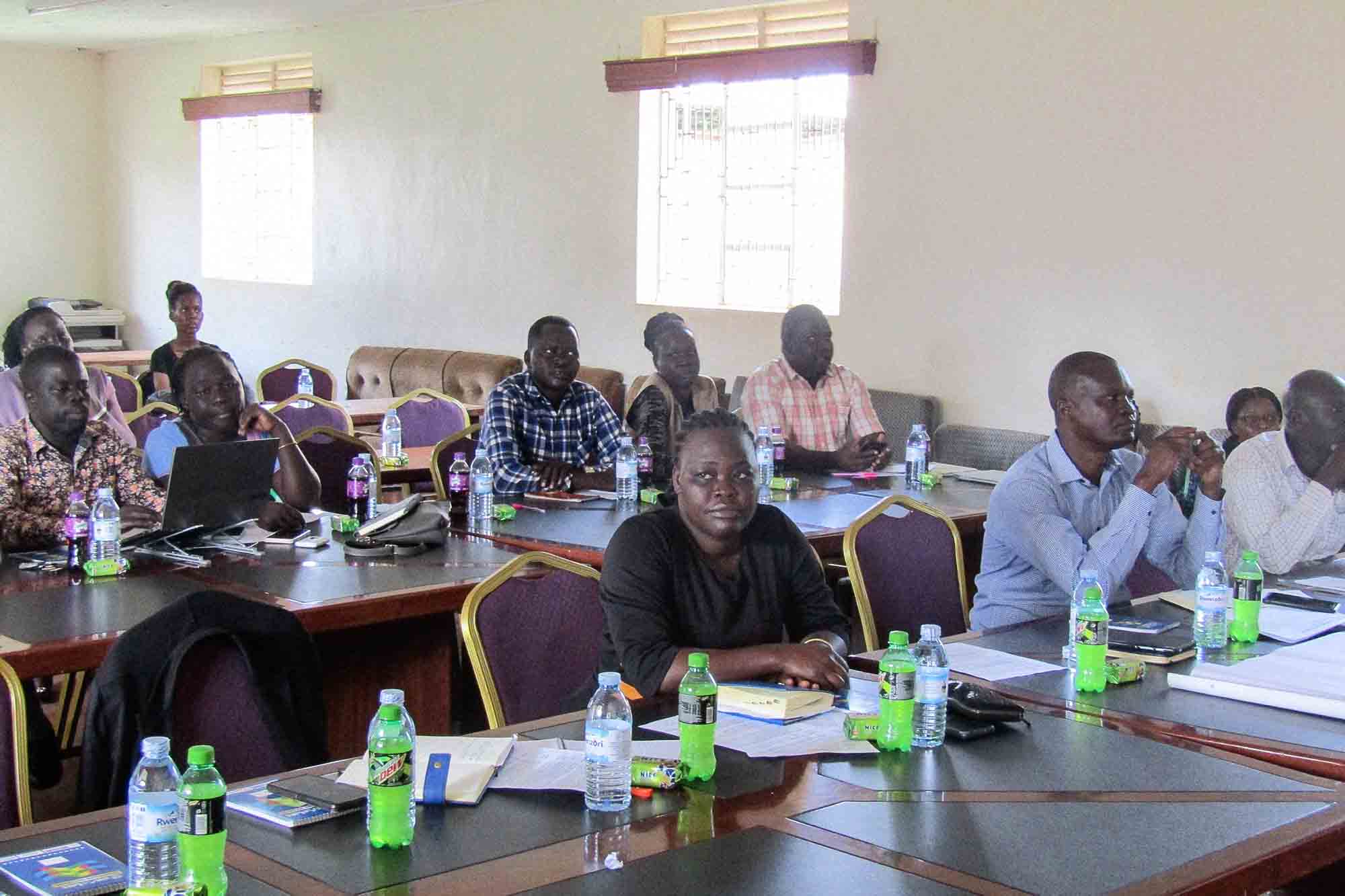
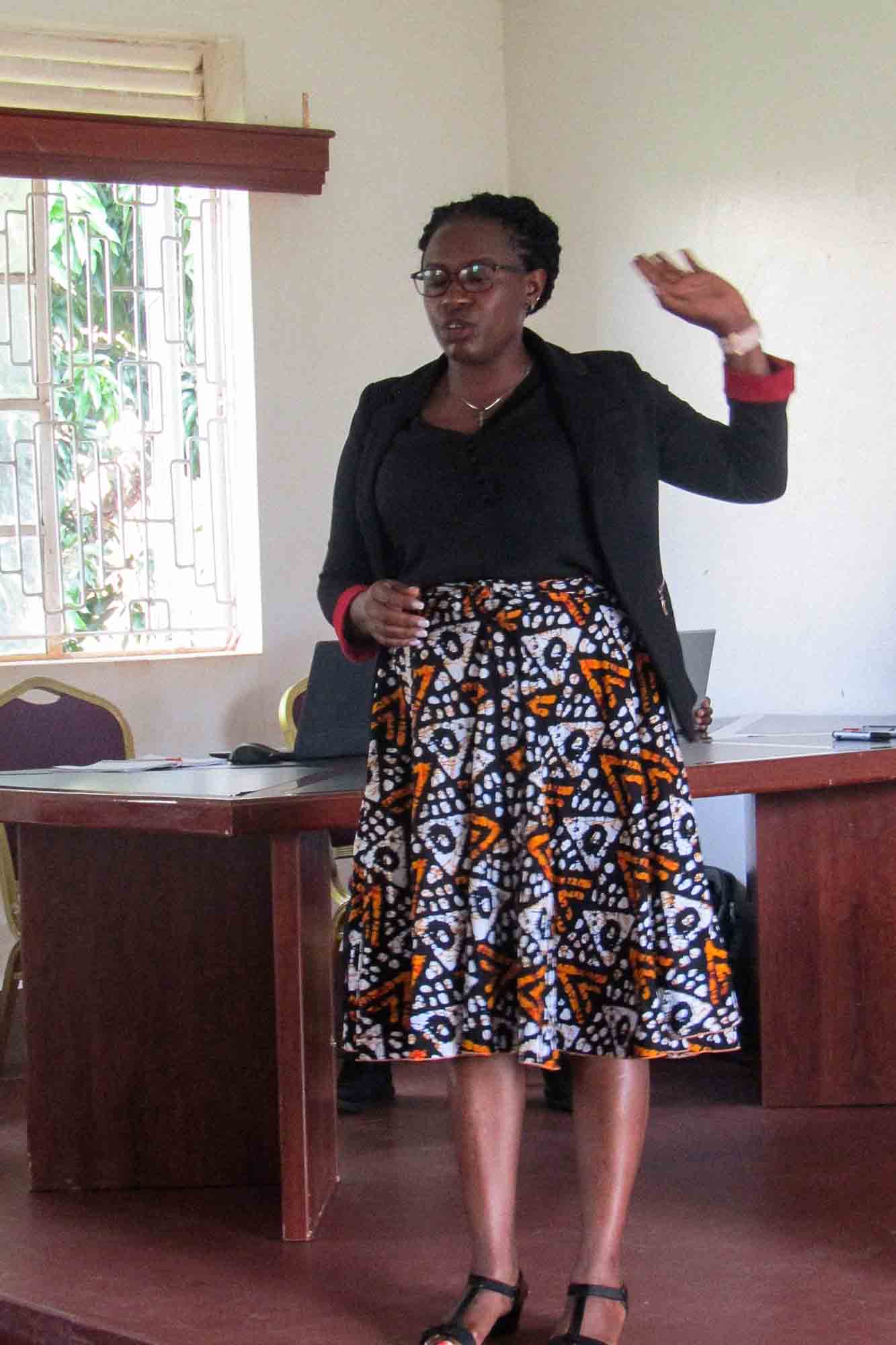
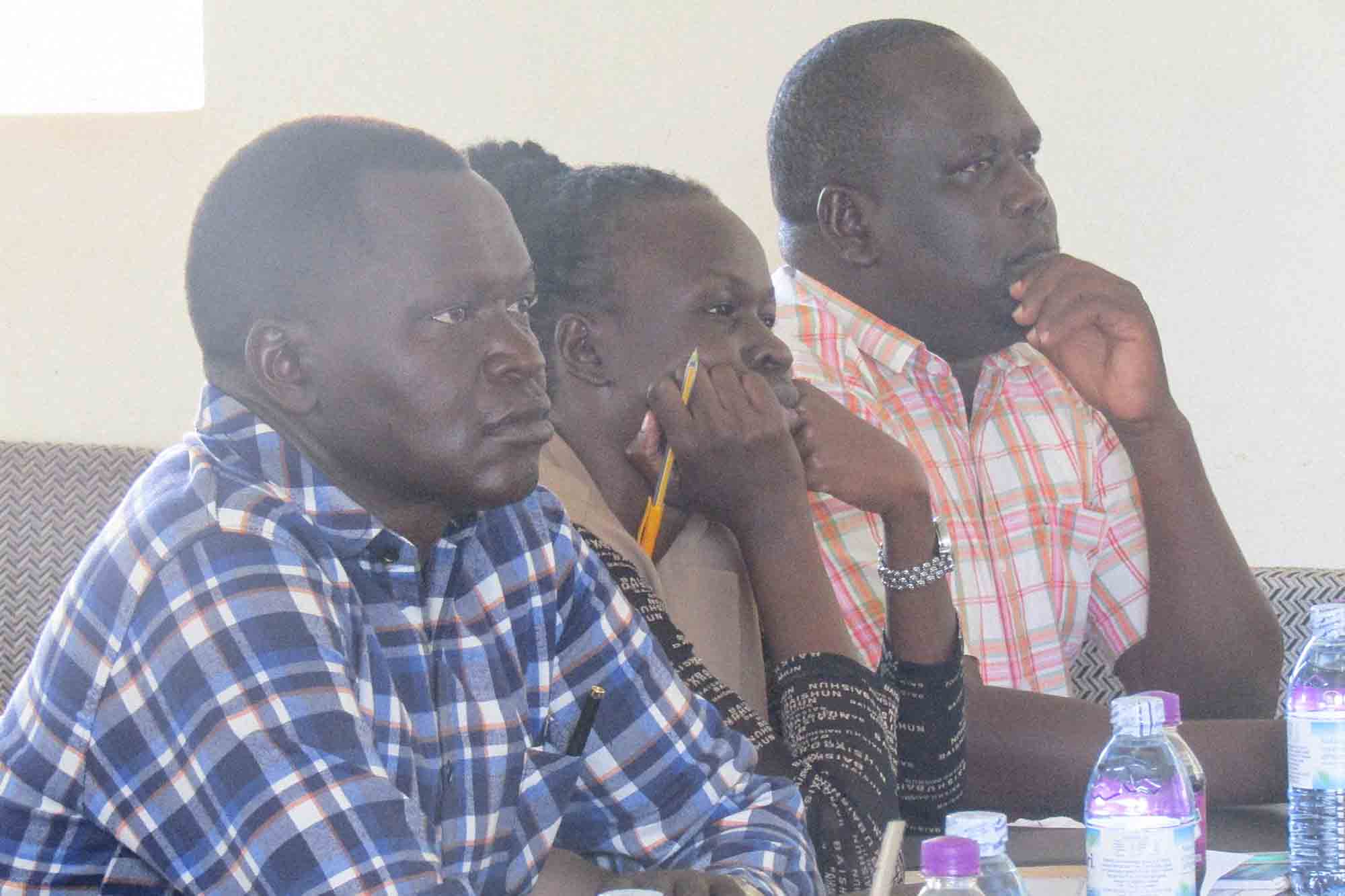
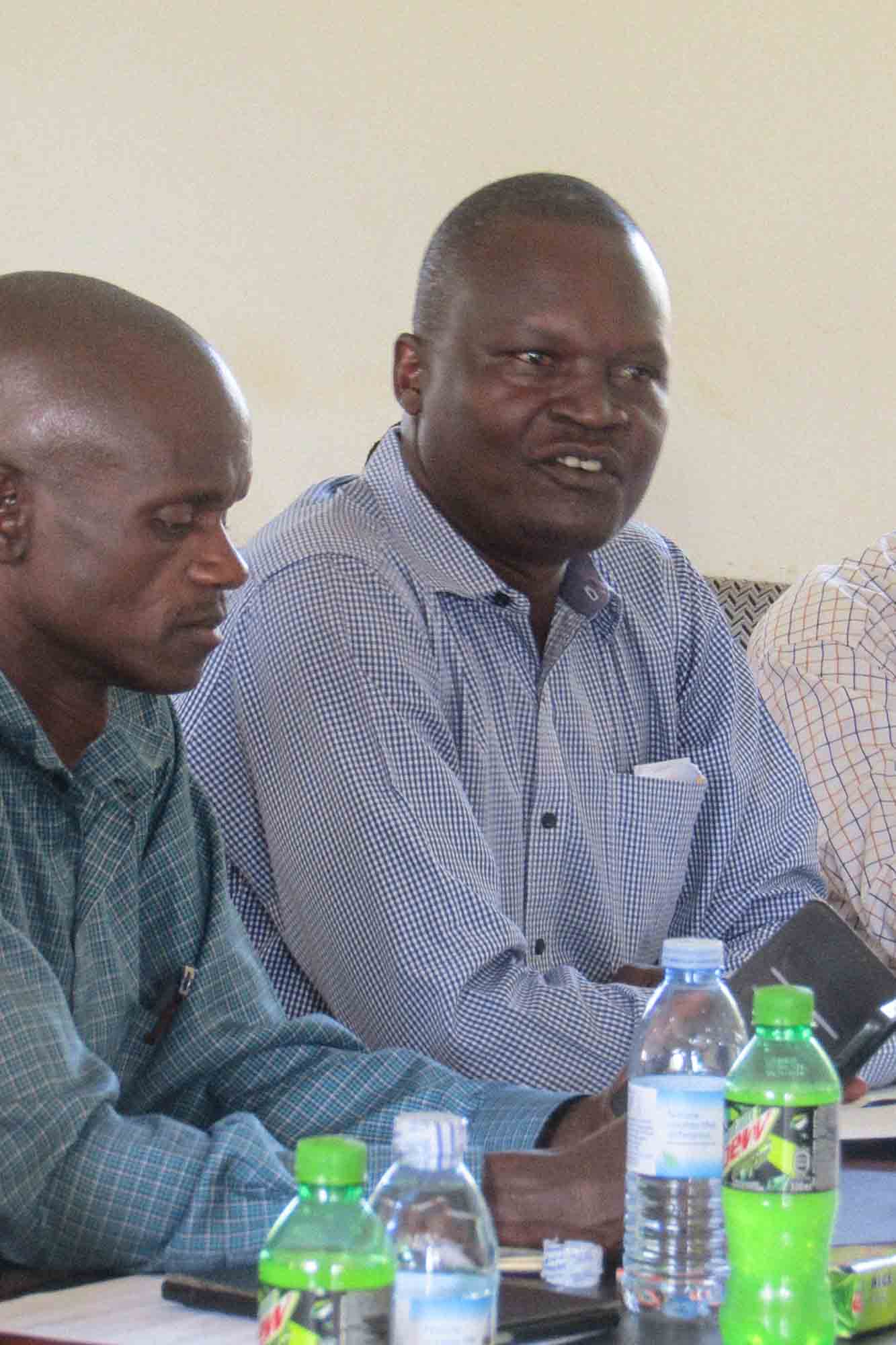
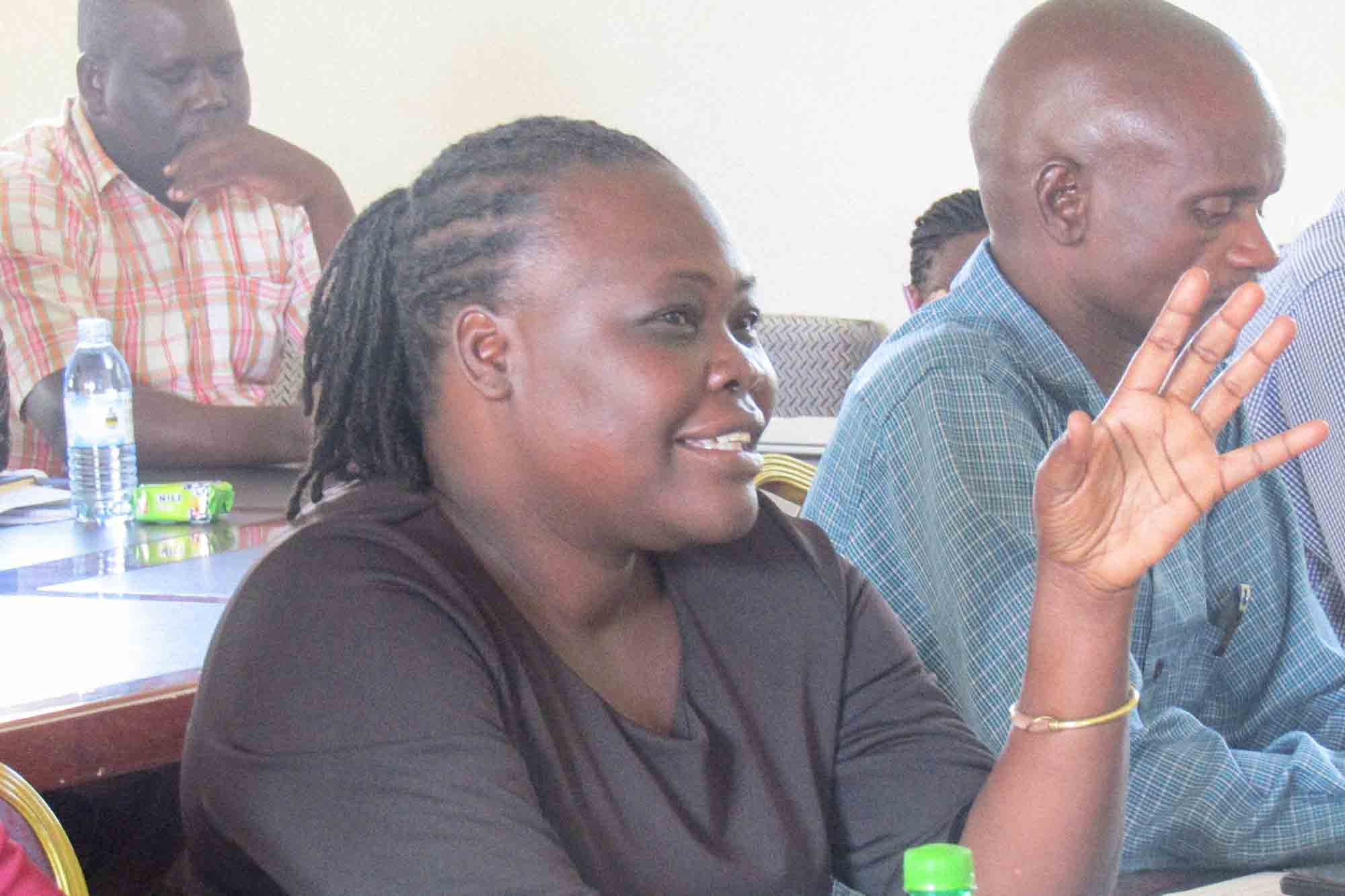
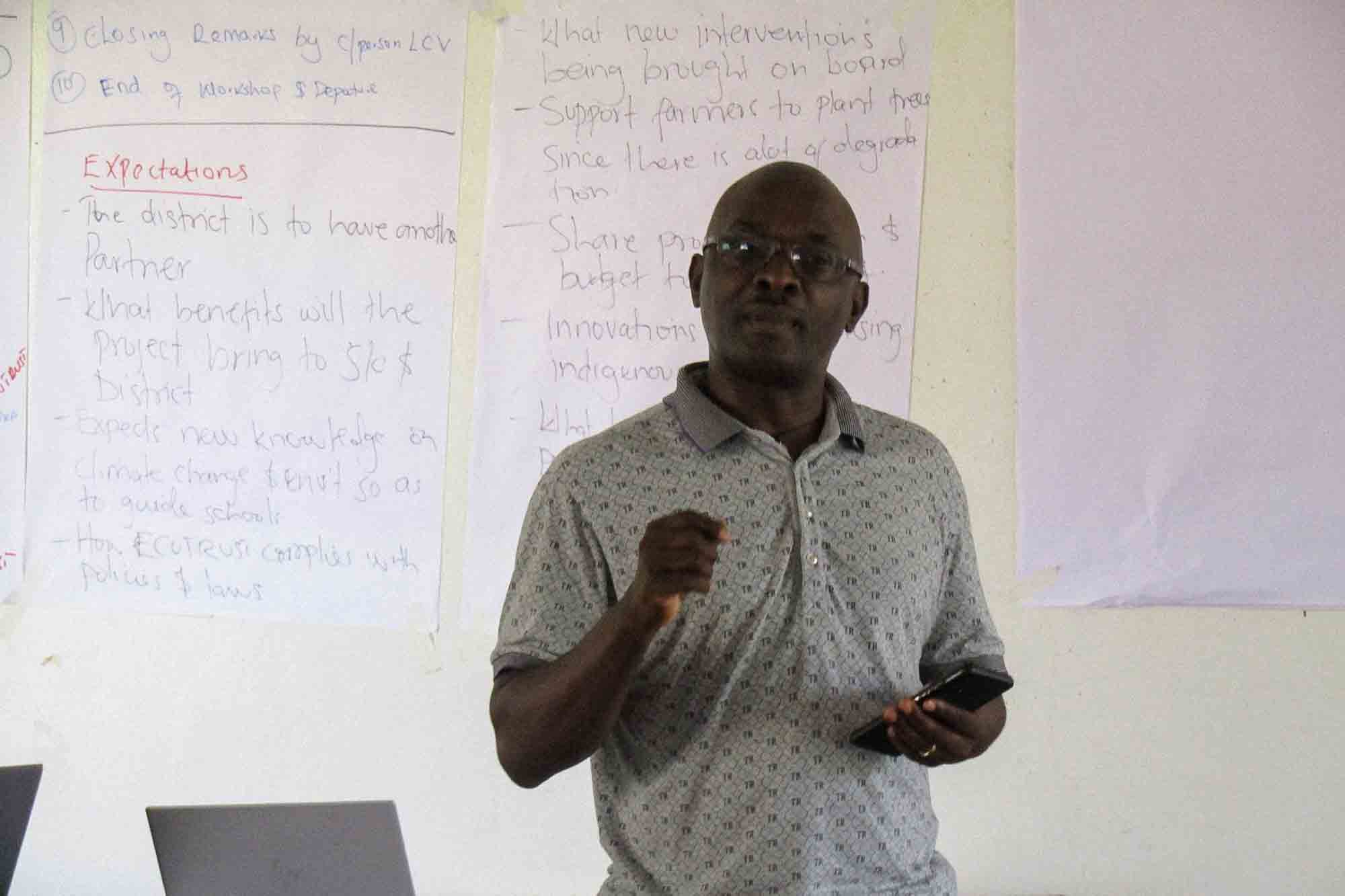
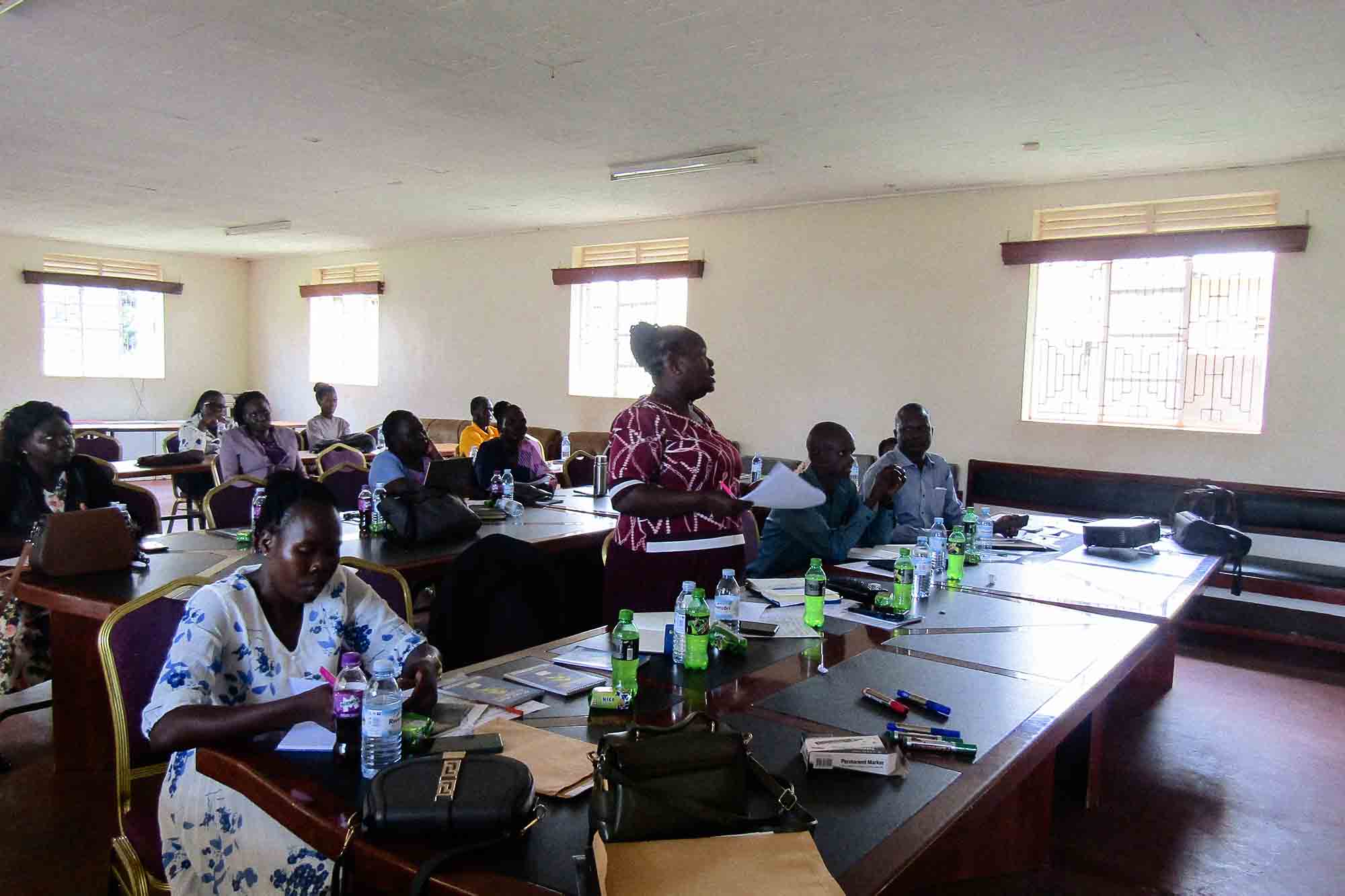
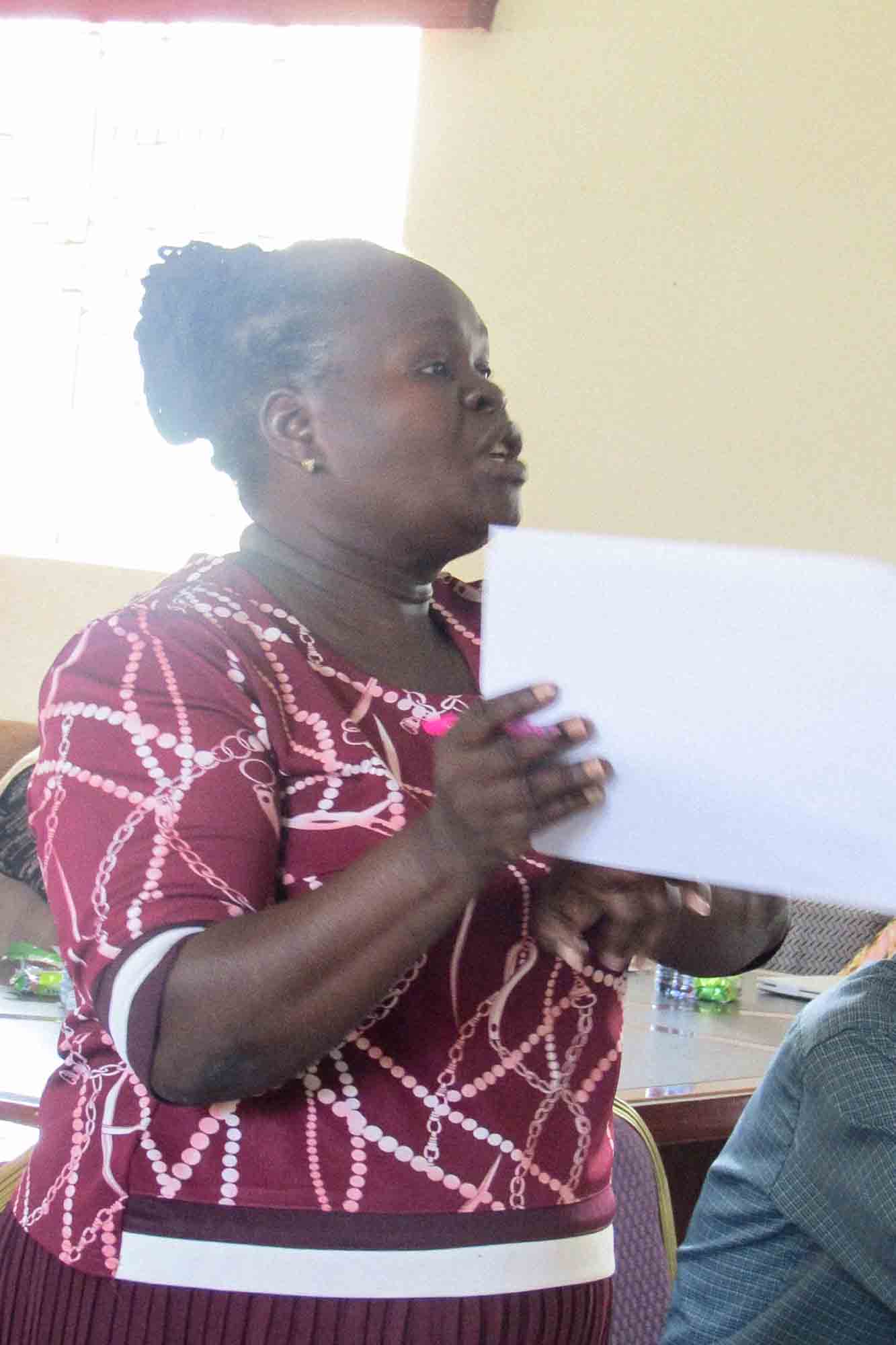
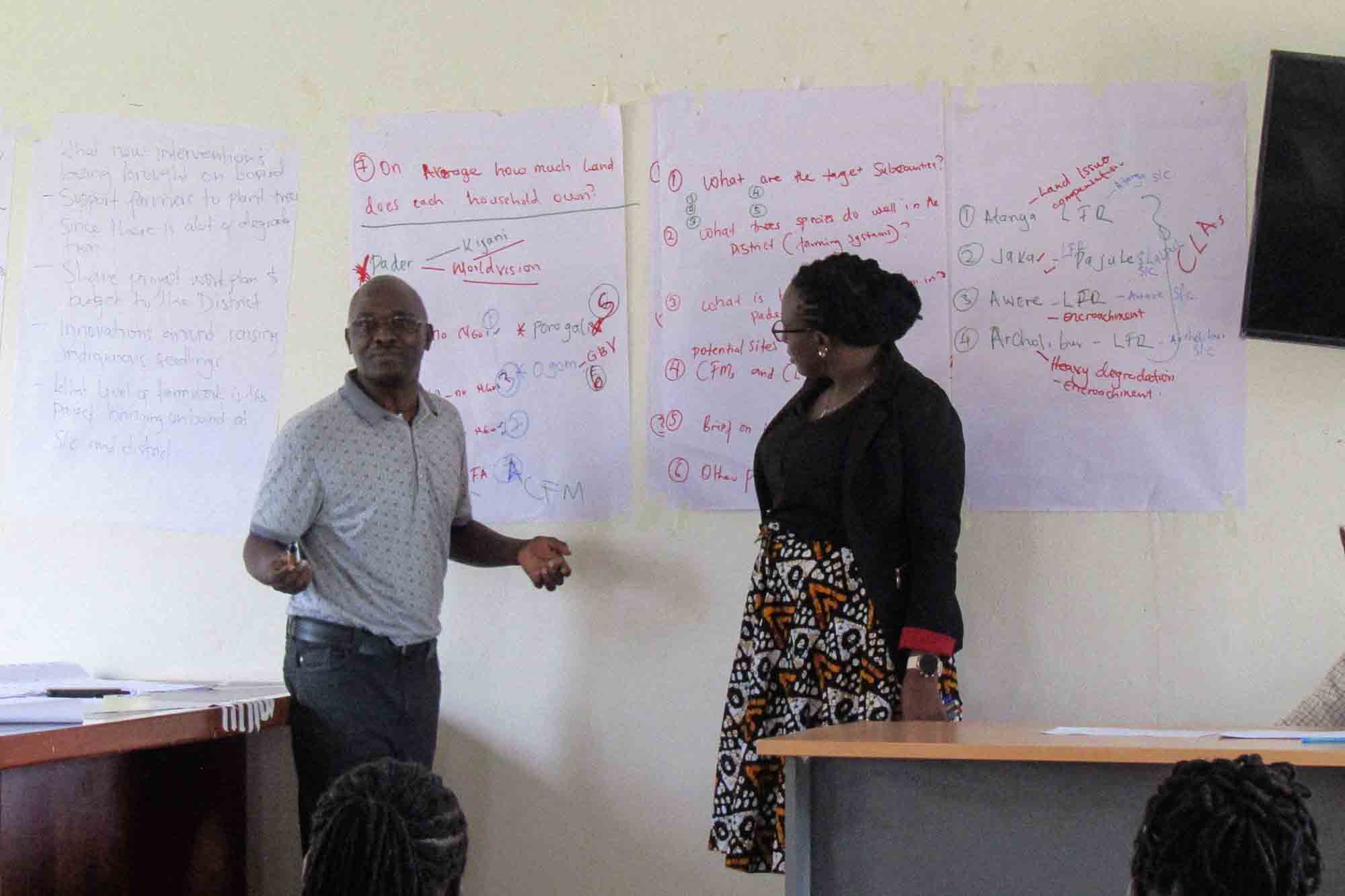
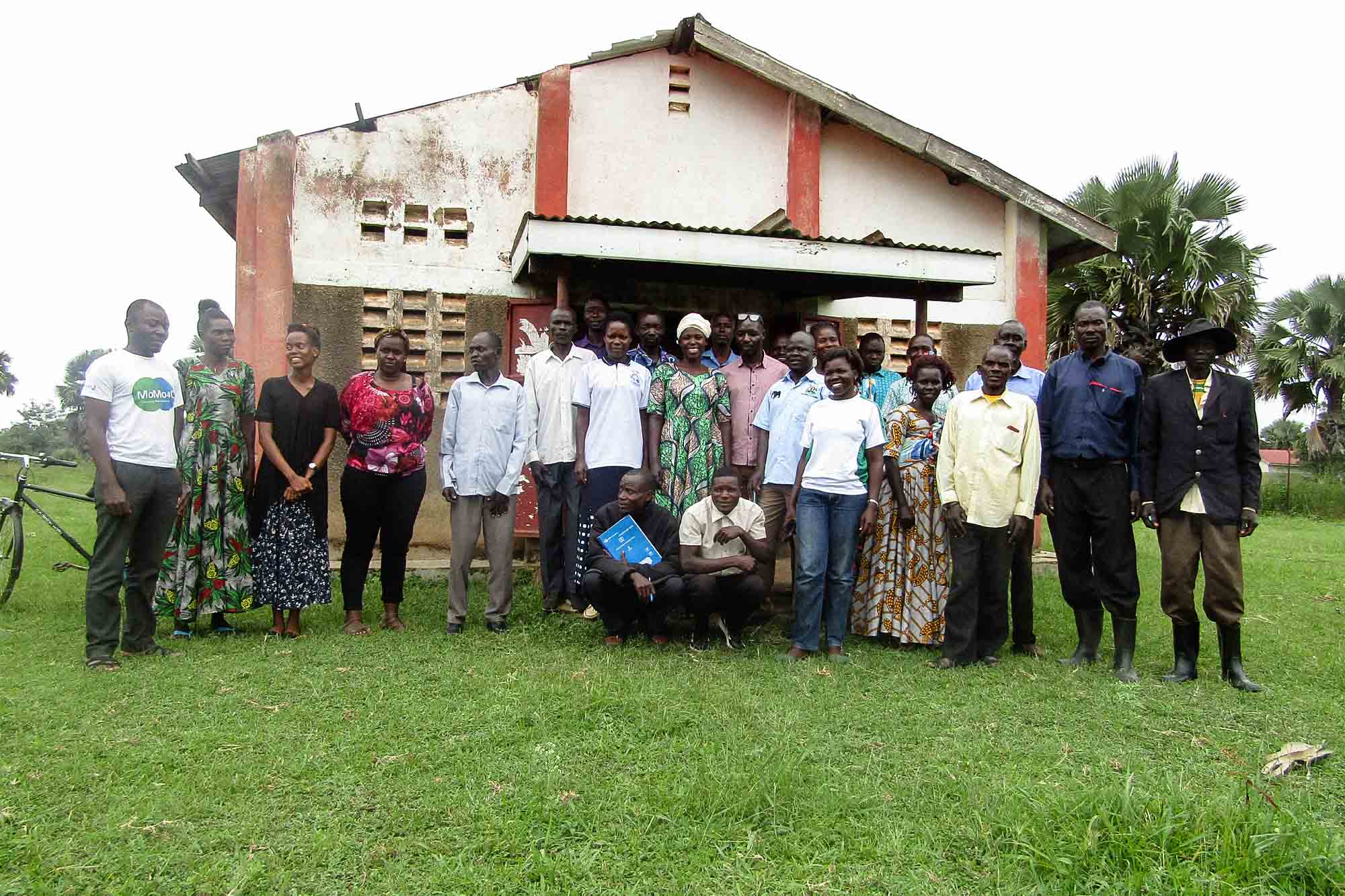
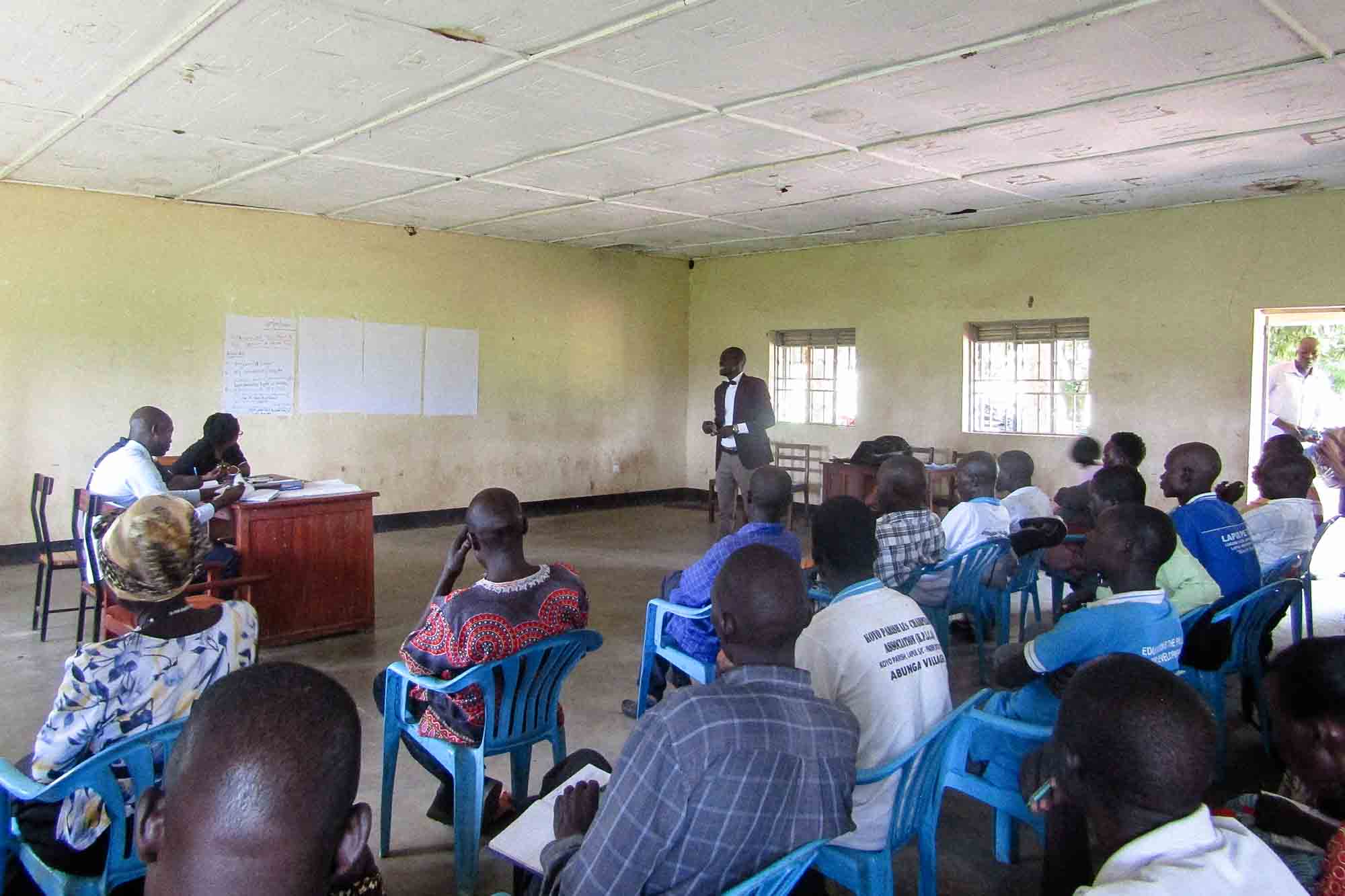
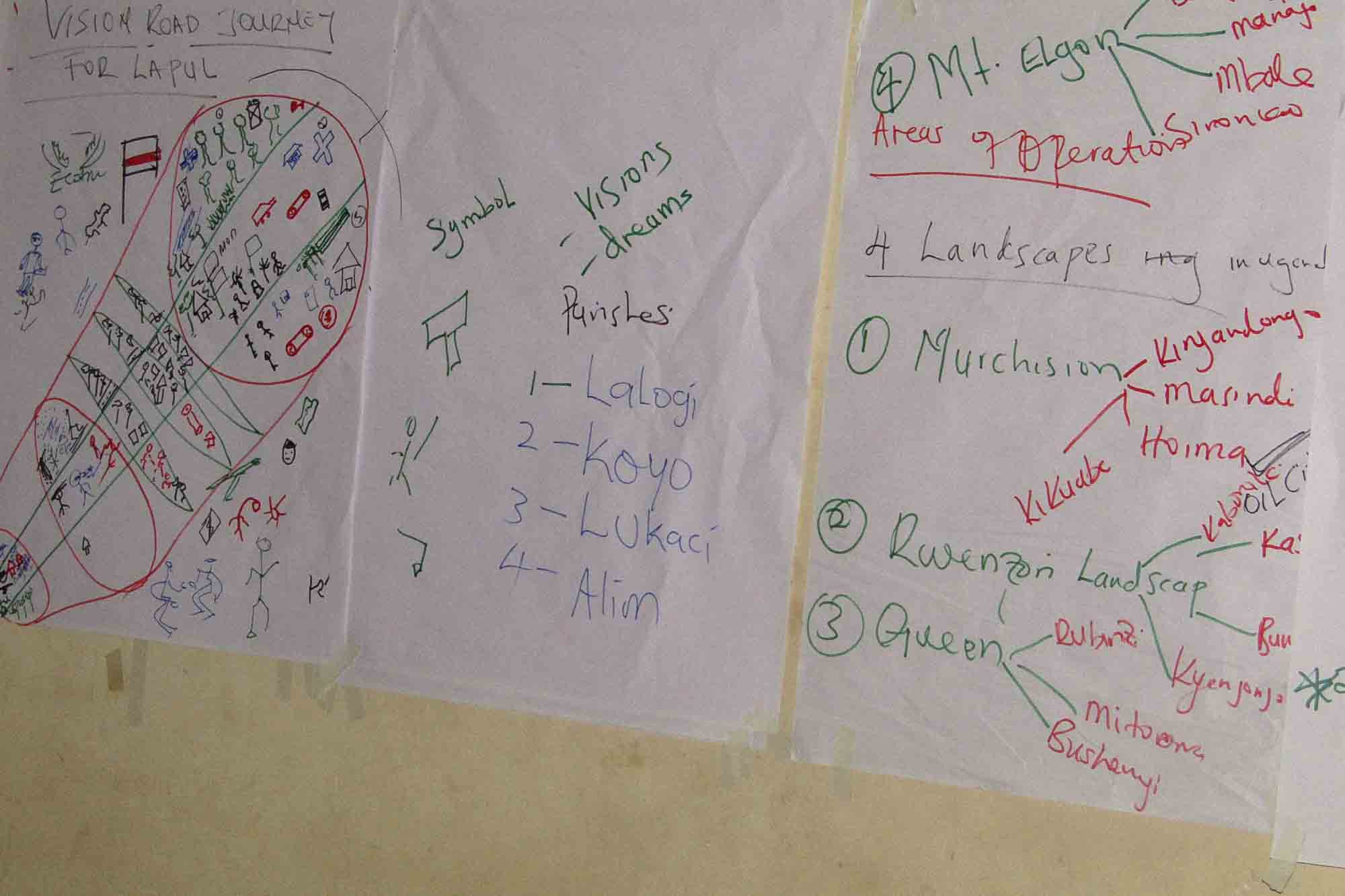
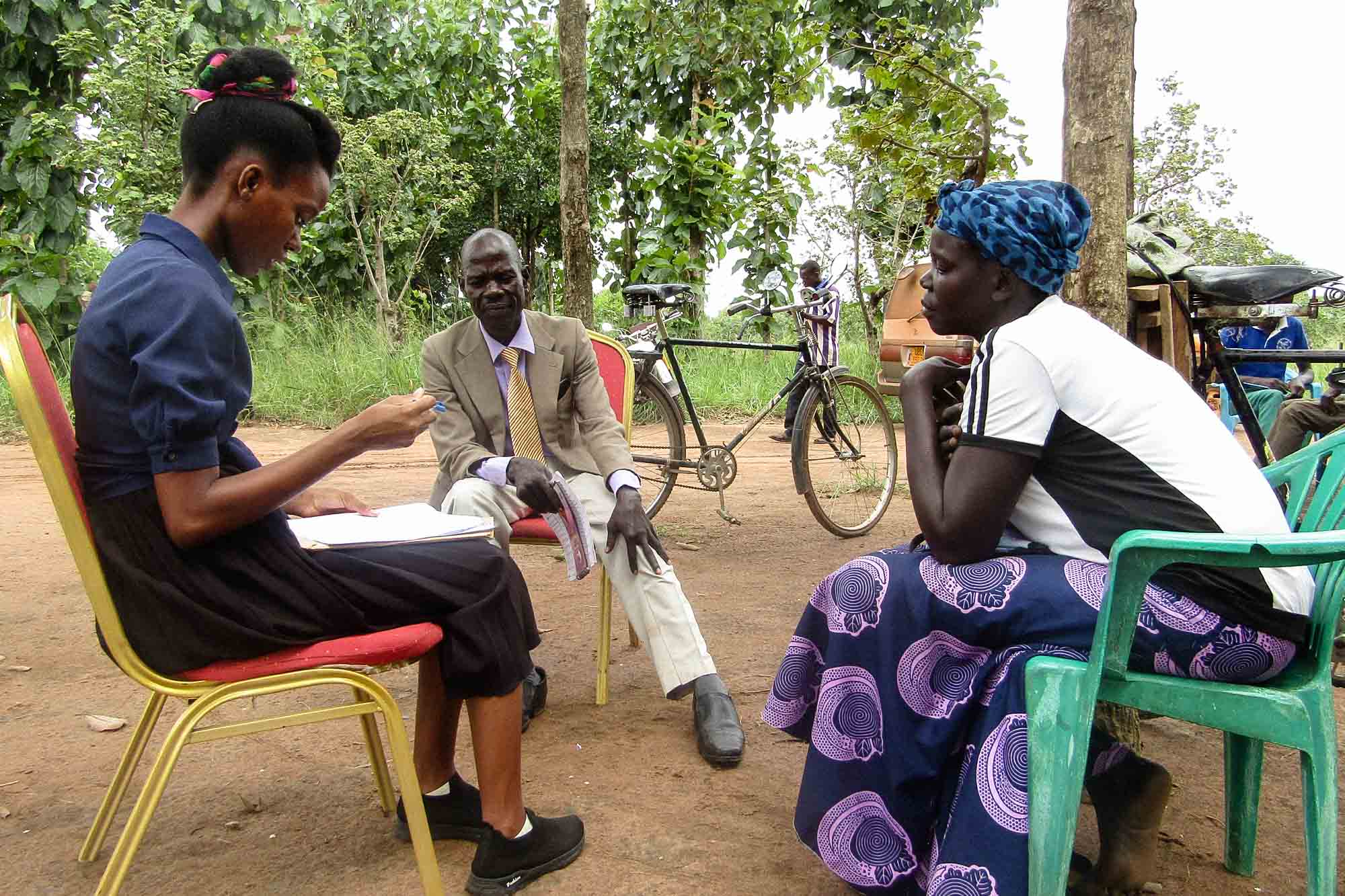
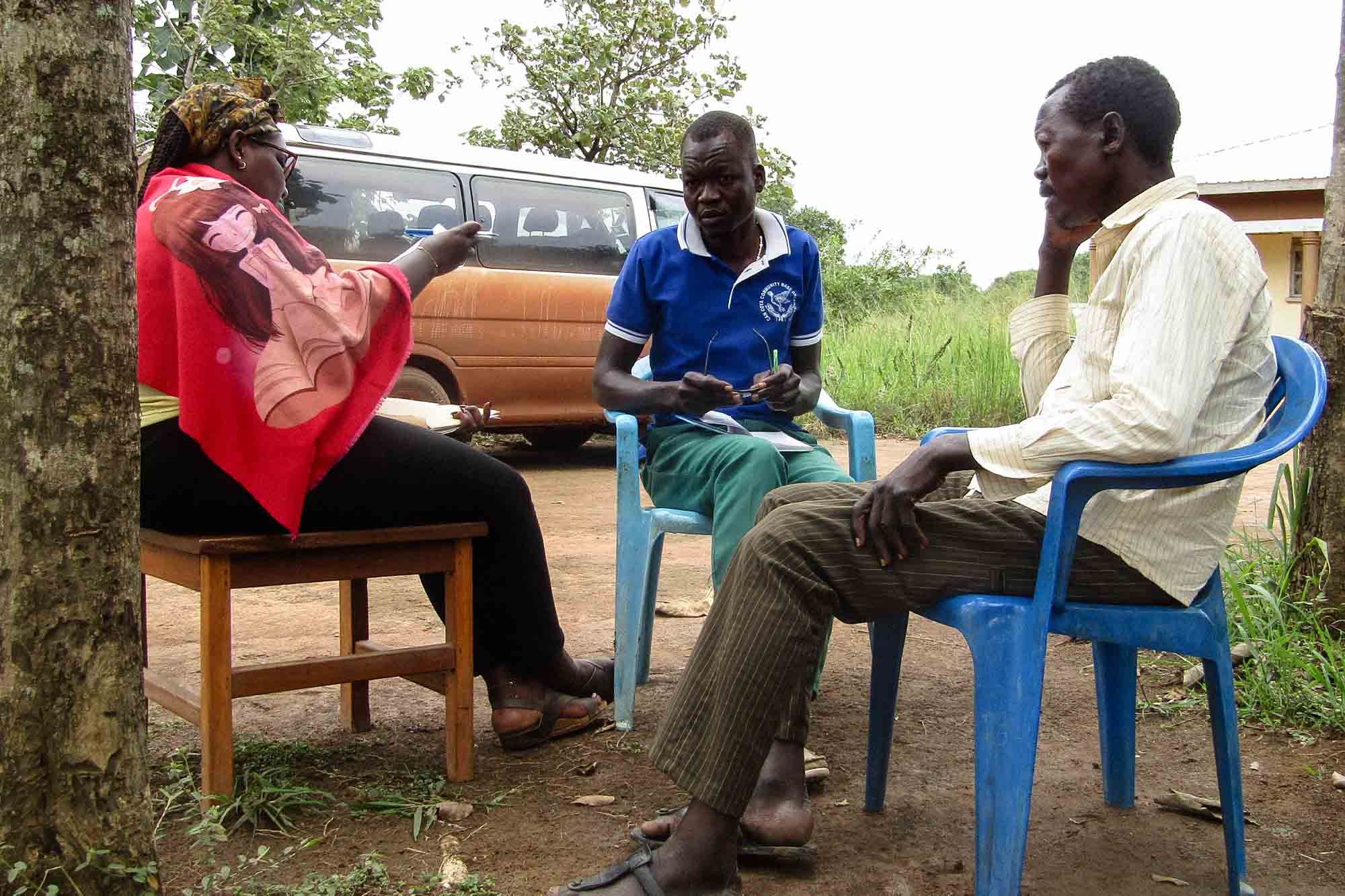
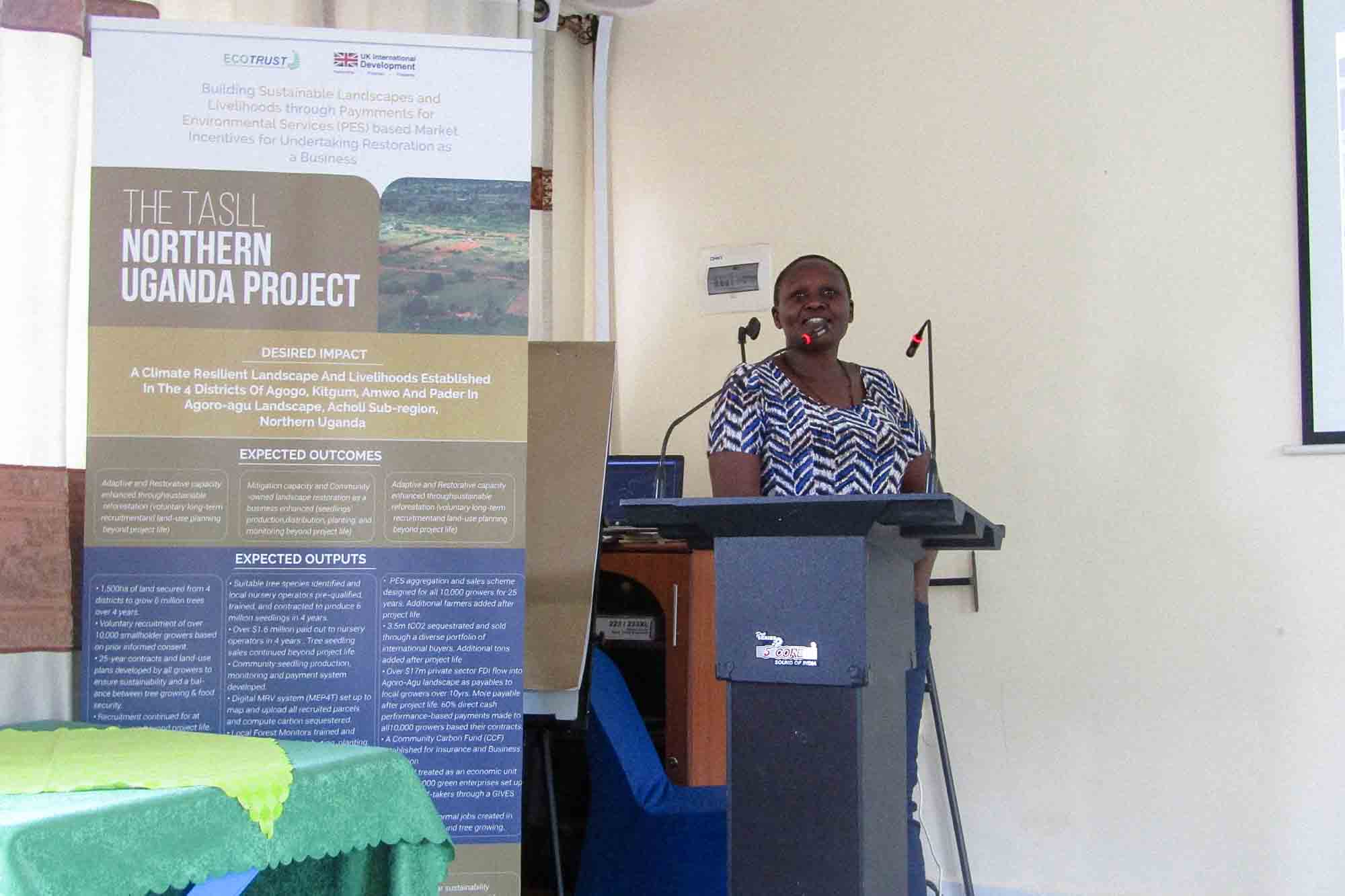
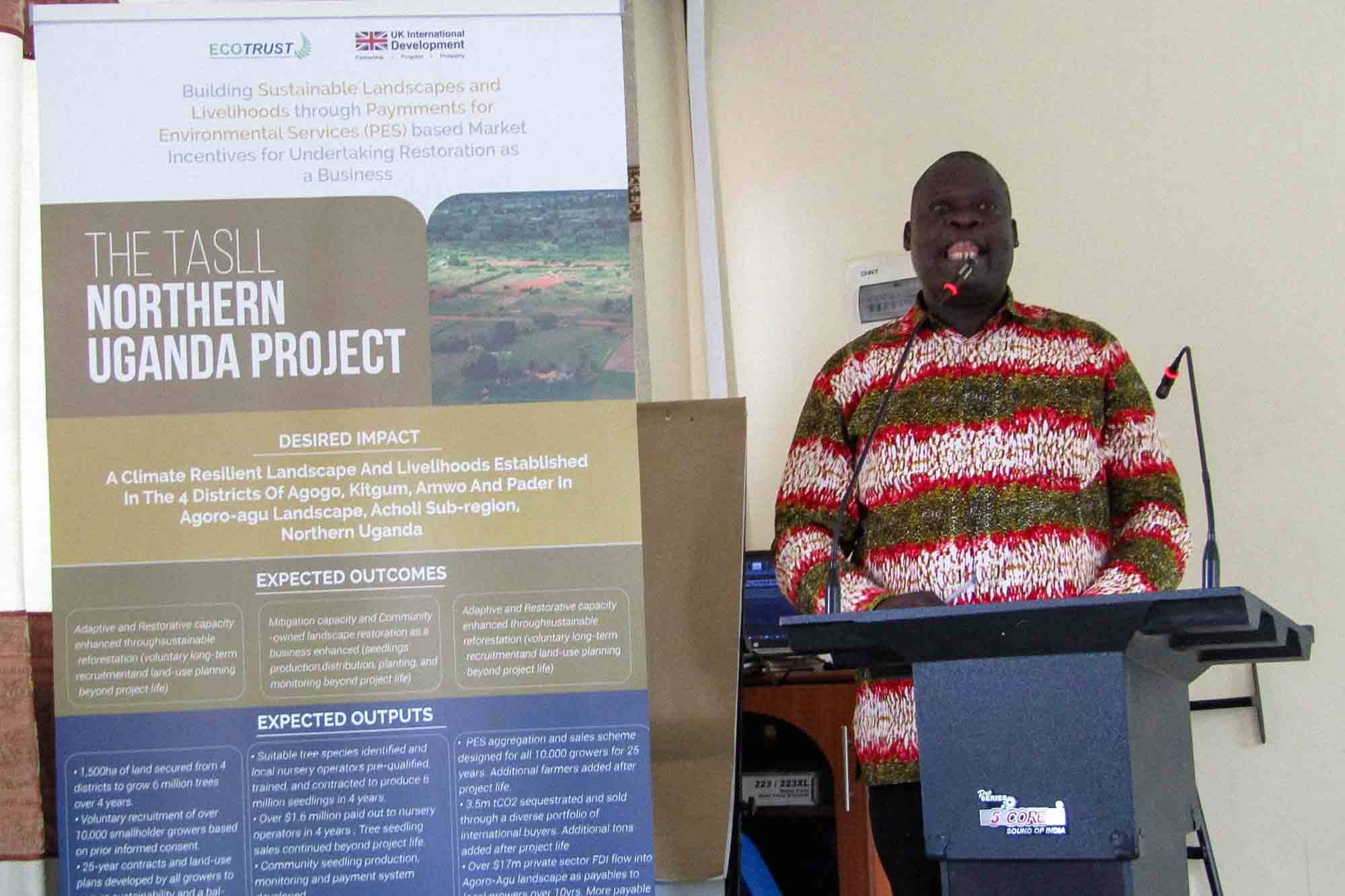
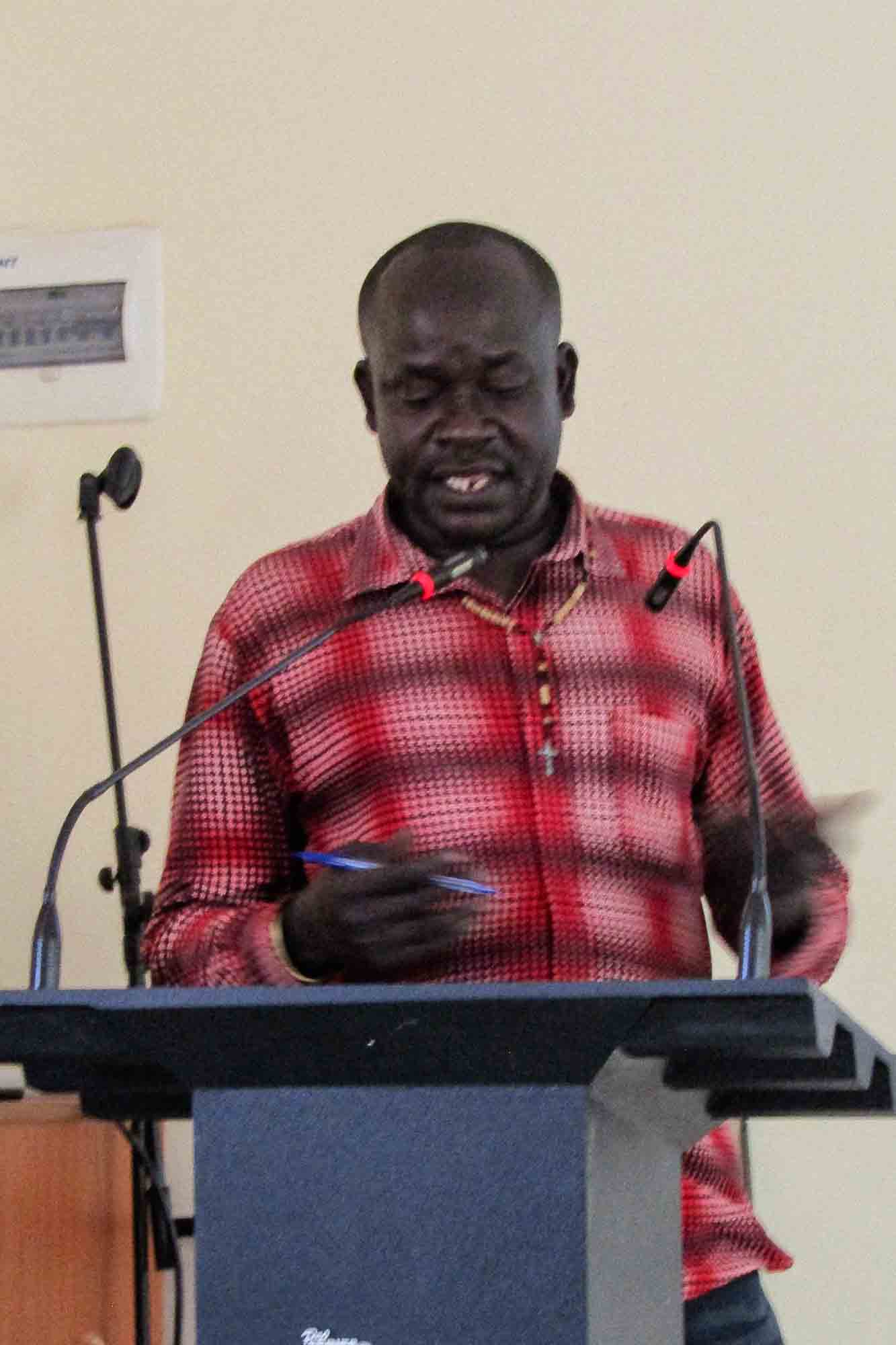
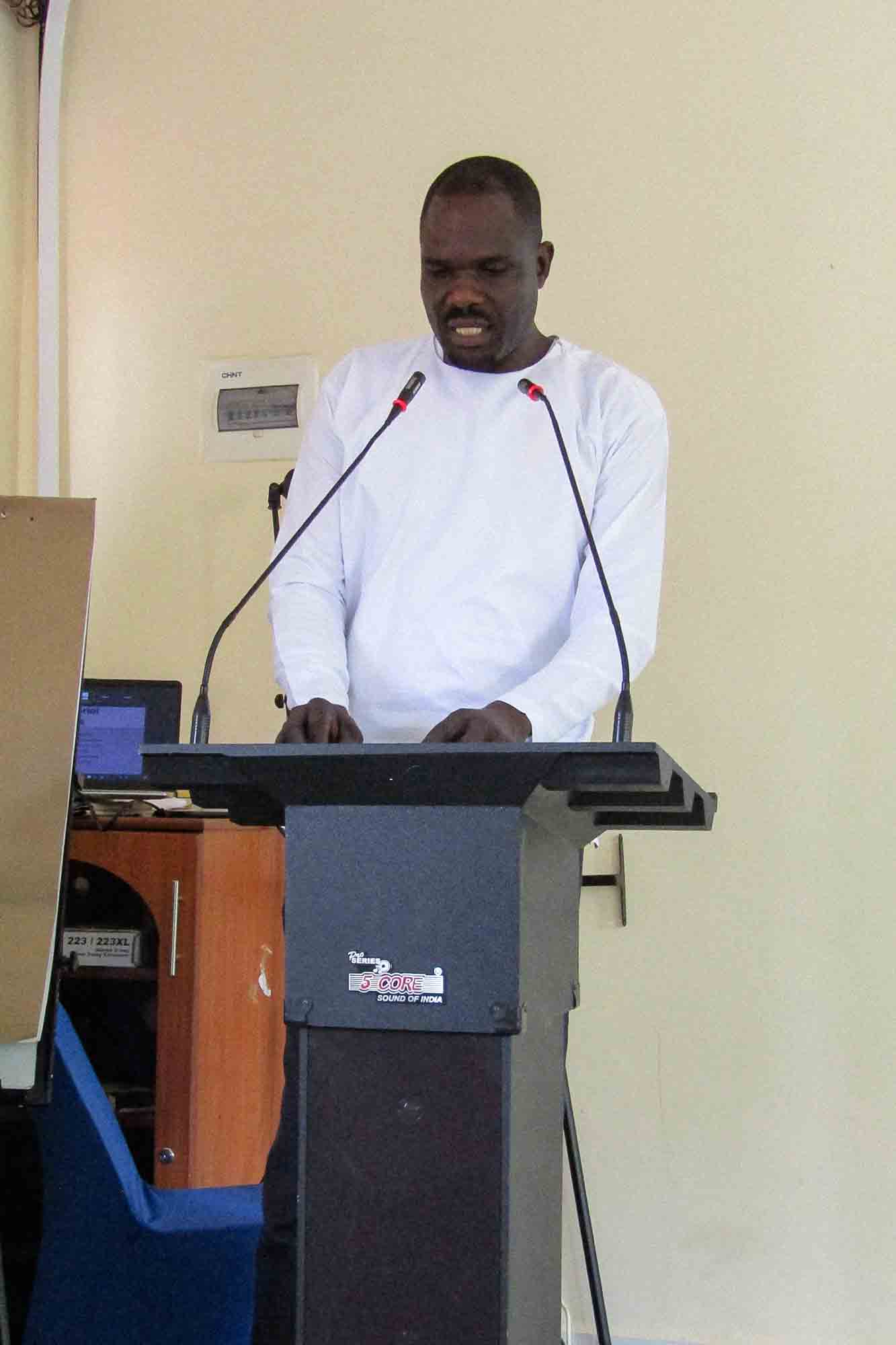
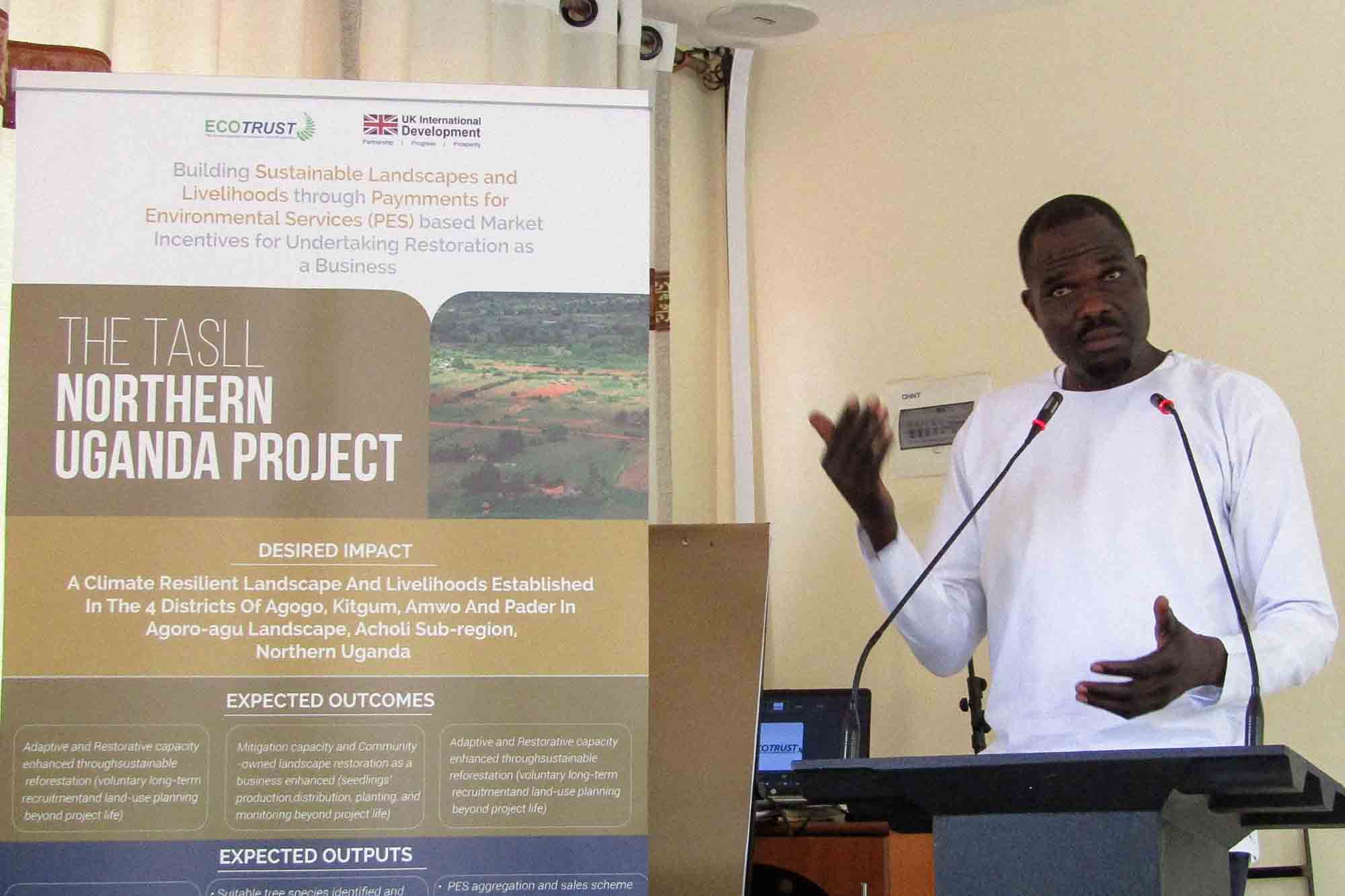
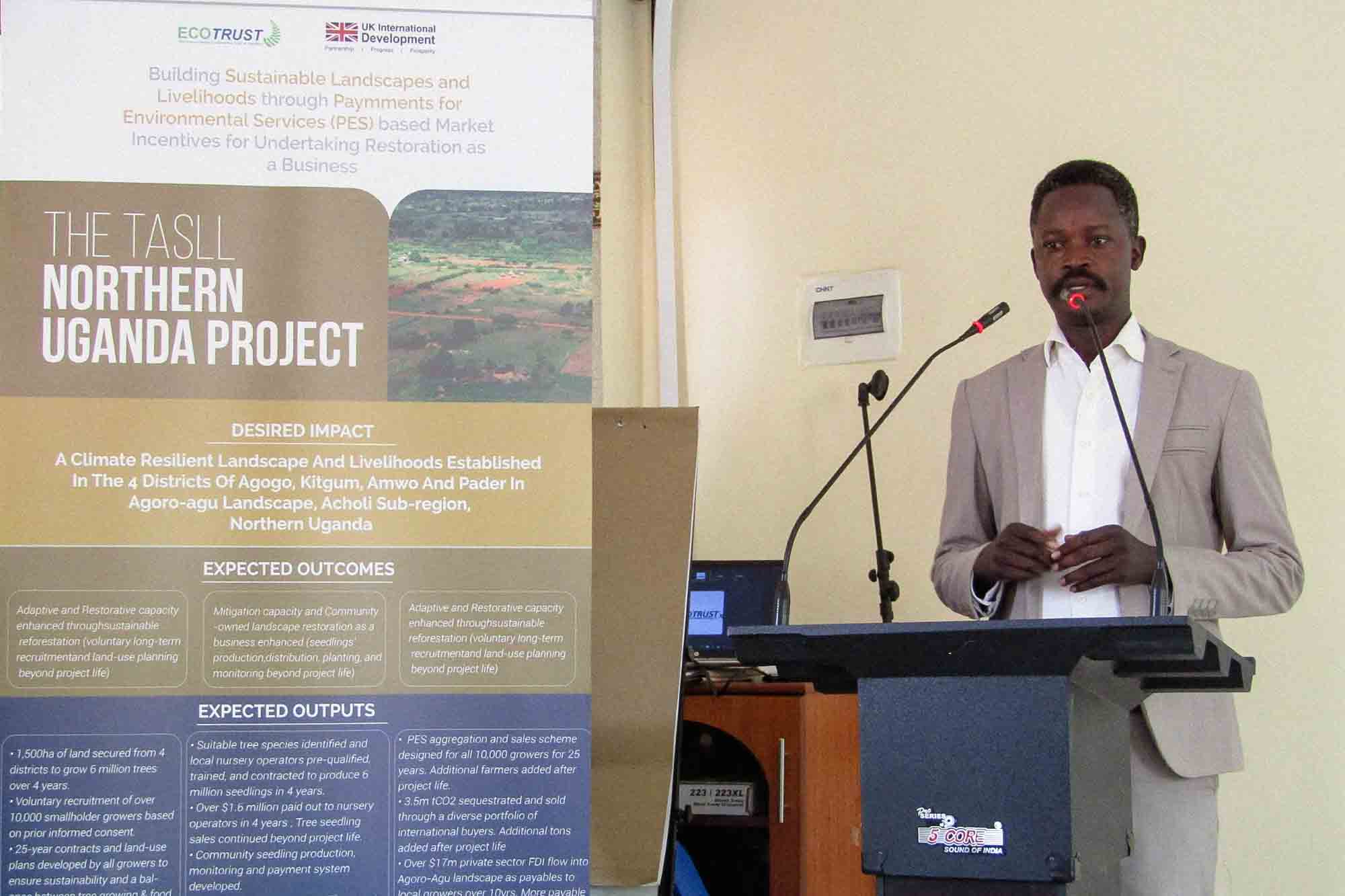
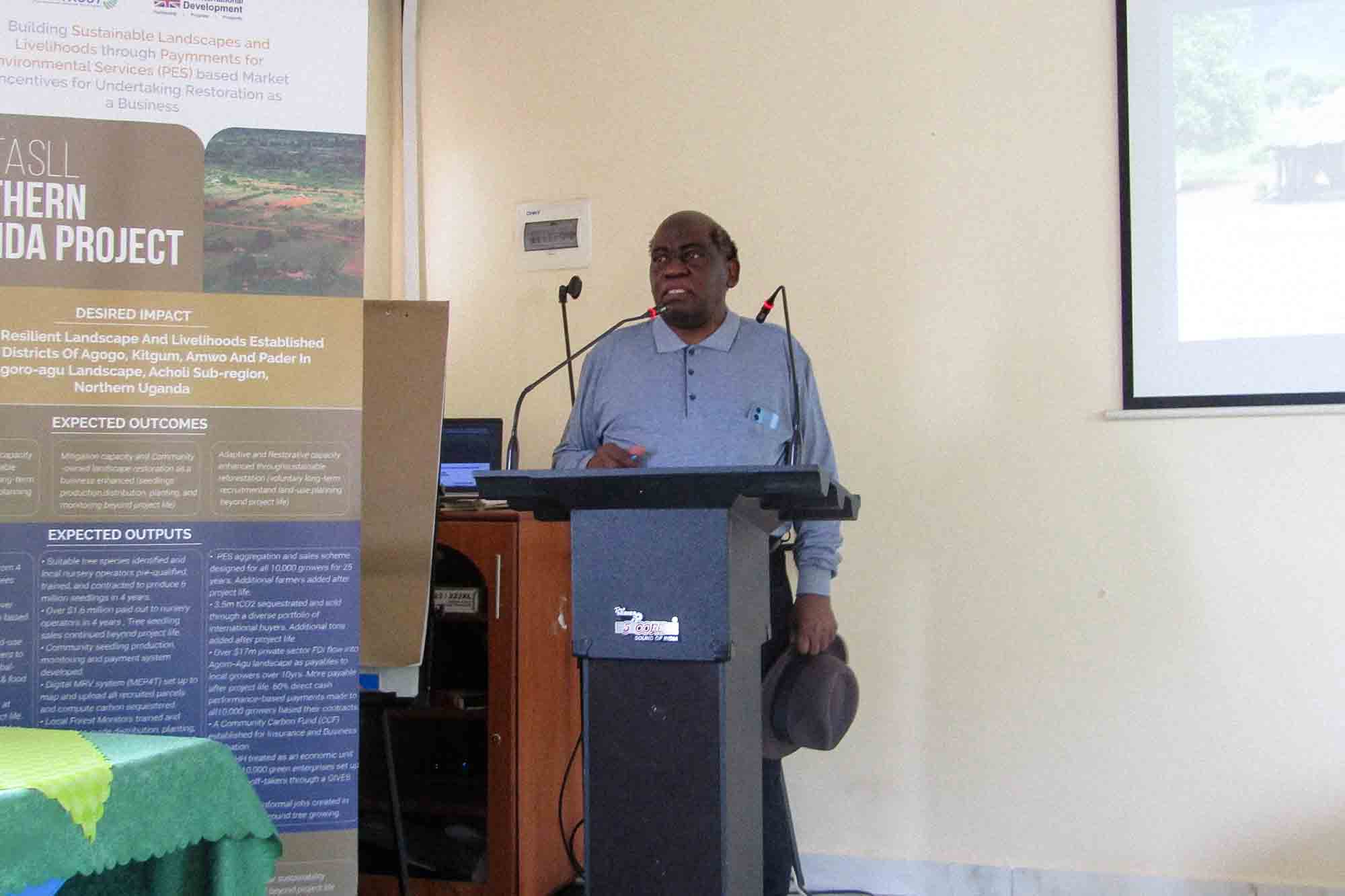
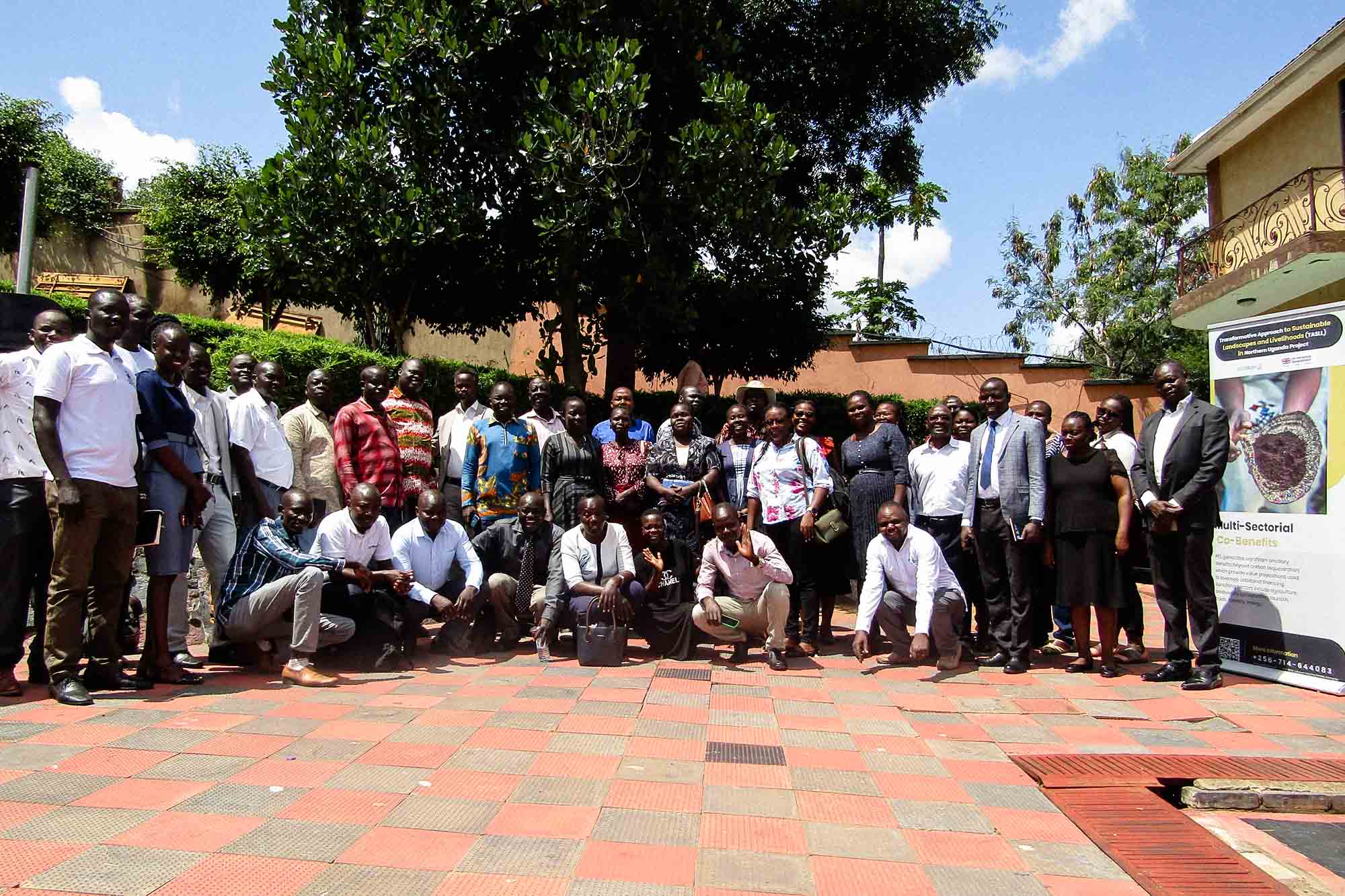
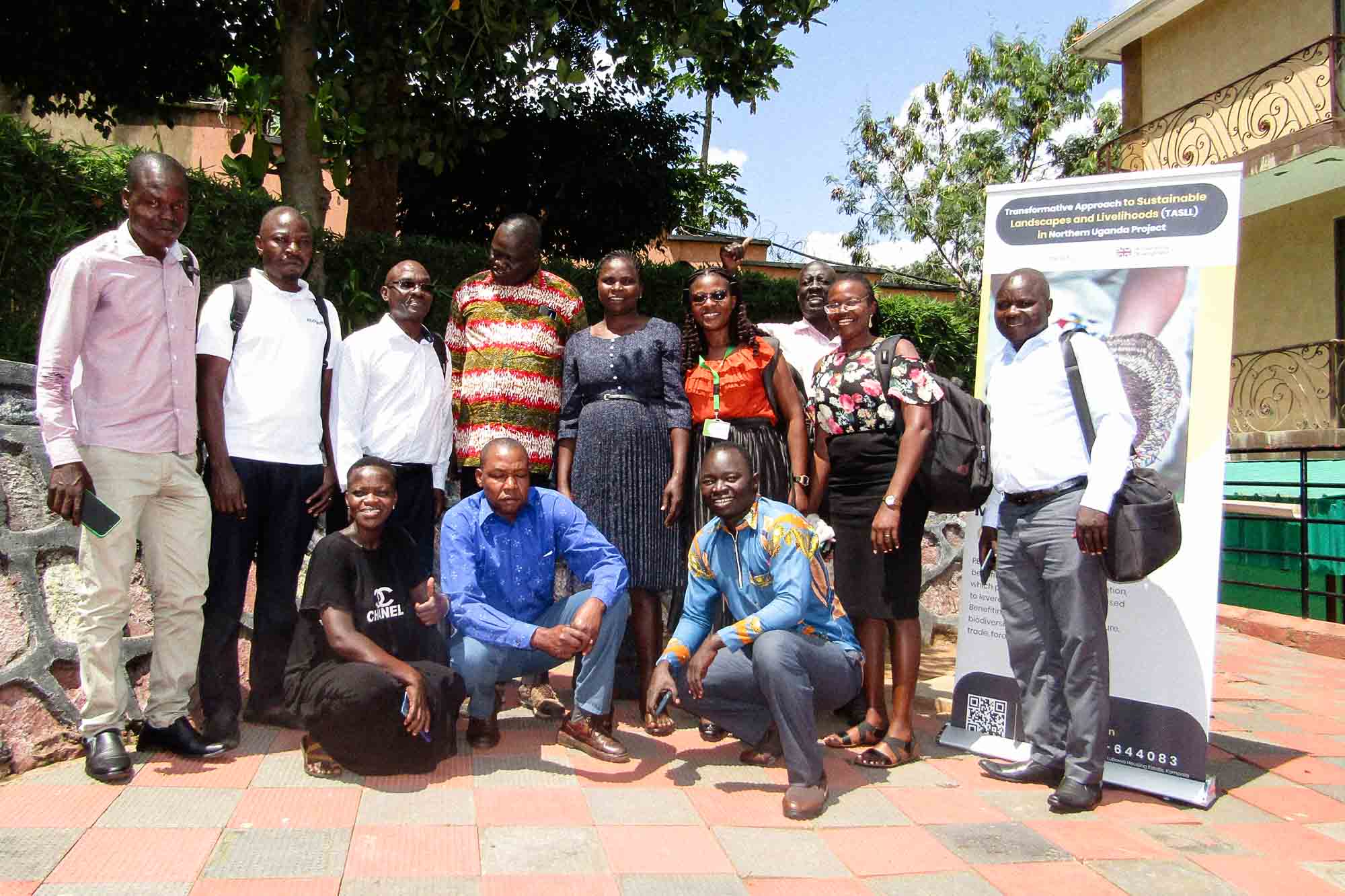

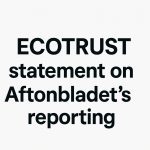
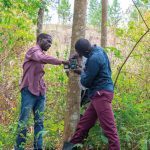
Follow Us On